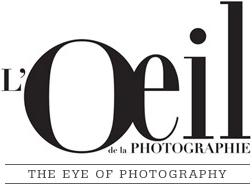Aymeric Fouquez
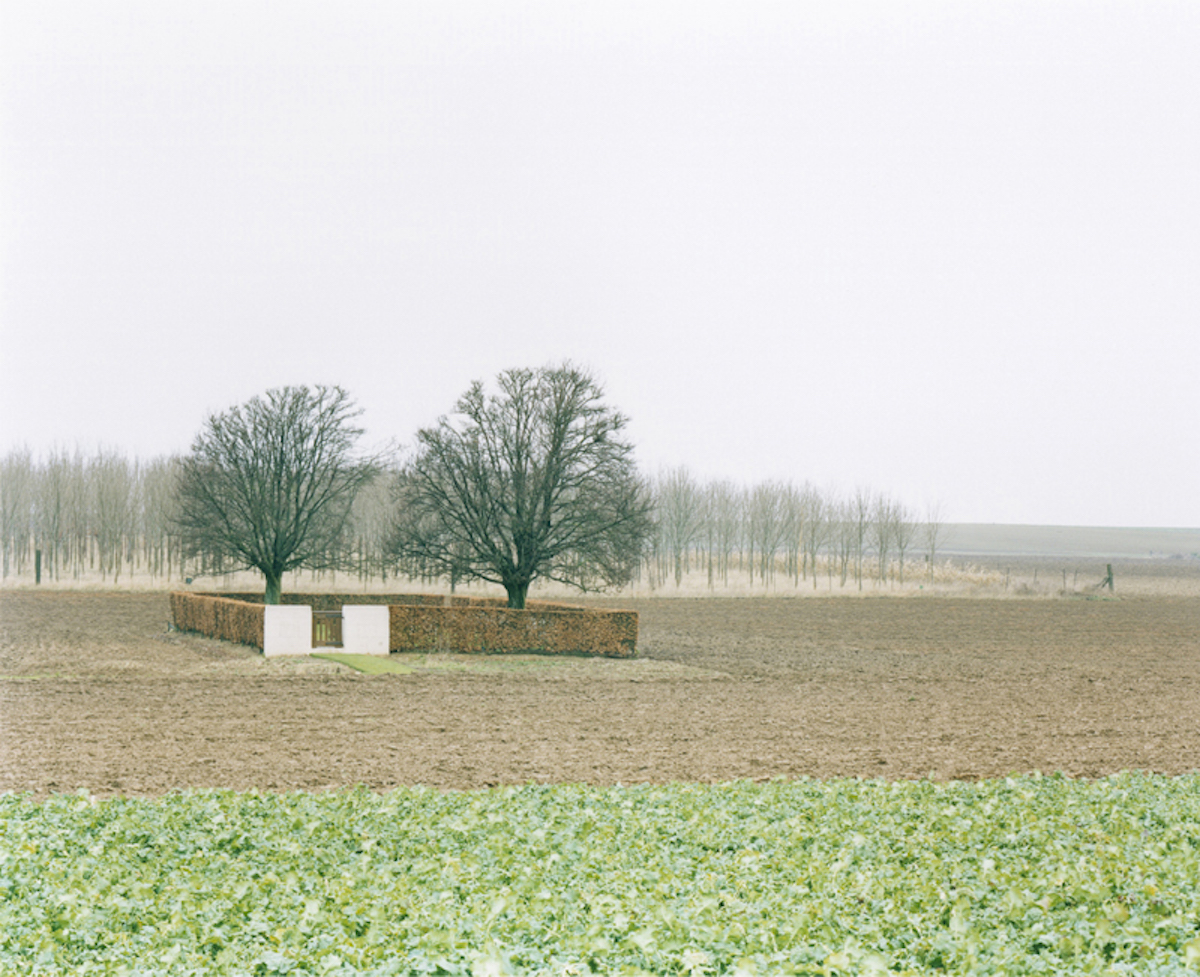
Print: 8,5 x 7 inches
Signed and numbered on verso
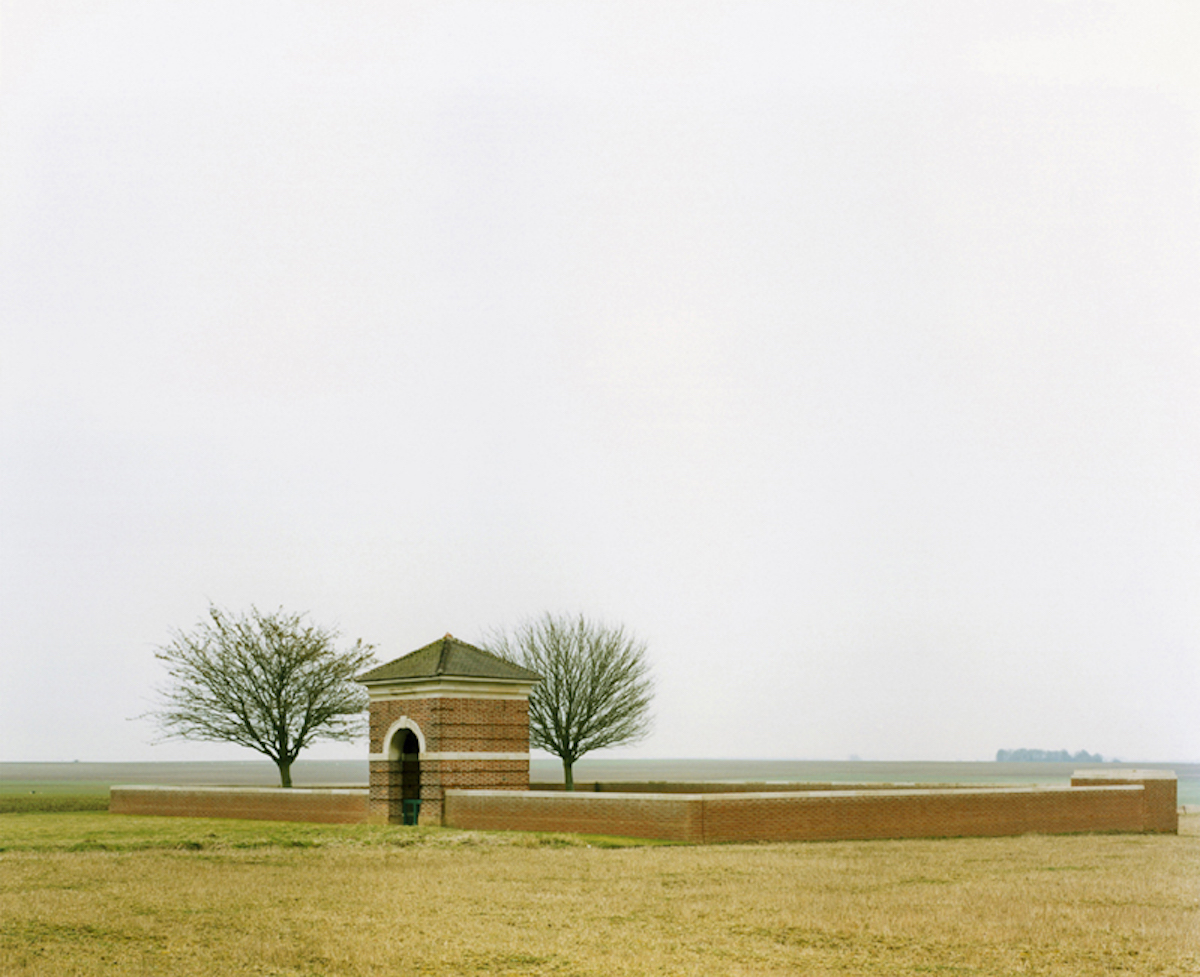
Print: 8,5 x 7 inches
Frame: 13 x 14 inches
Signed and numbered on verso
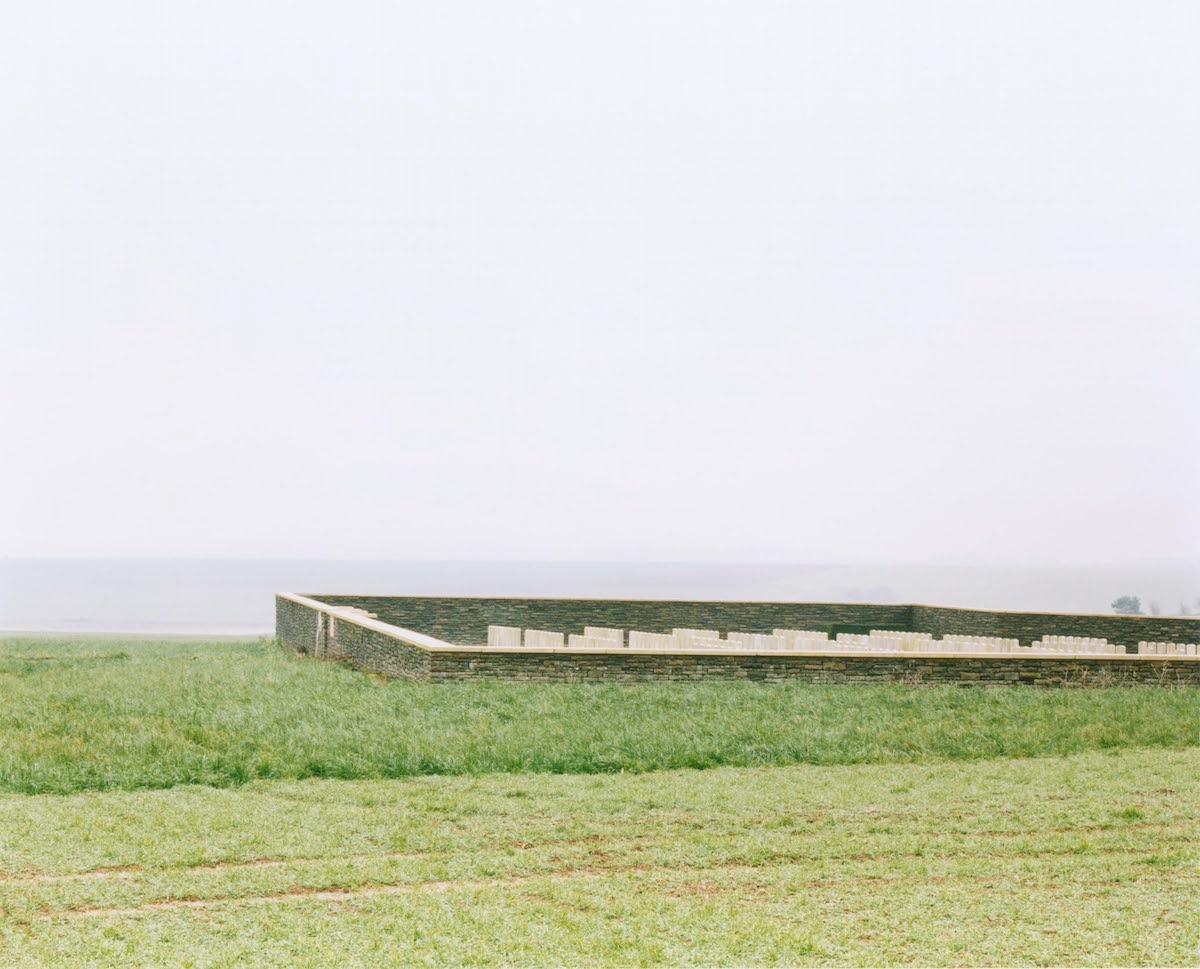
Print: 8,5 x 7 inches
Frame: 15 x 13 inches
Signed and numbered on verso
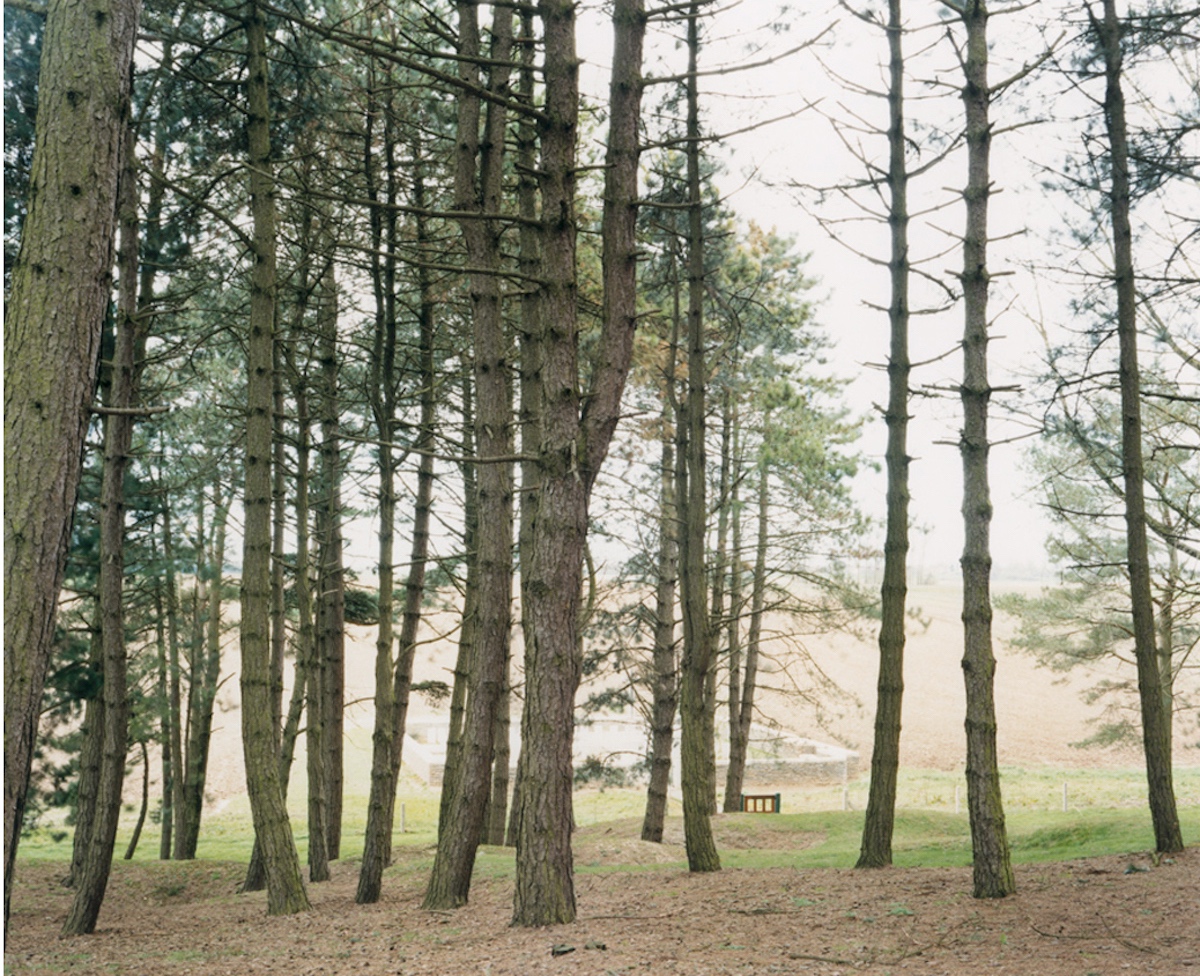
Print: 8,5 x 7 inches
Frame: 13 x 15 inches
Signed and numbered on verso
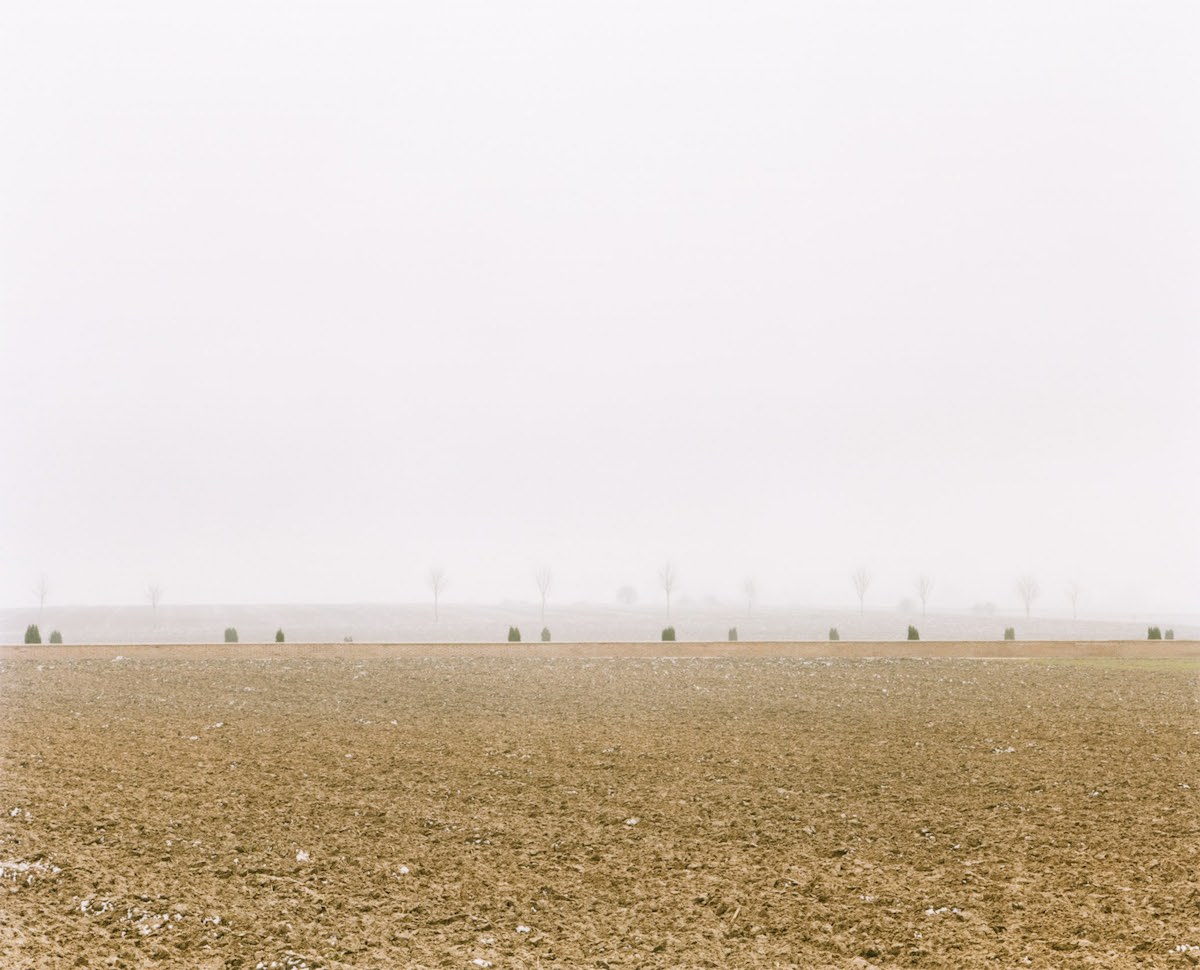
Print: 8,5 x 7 inches
Frame: 13 x 15 inches
Signed and numbered on verso
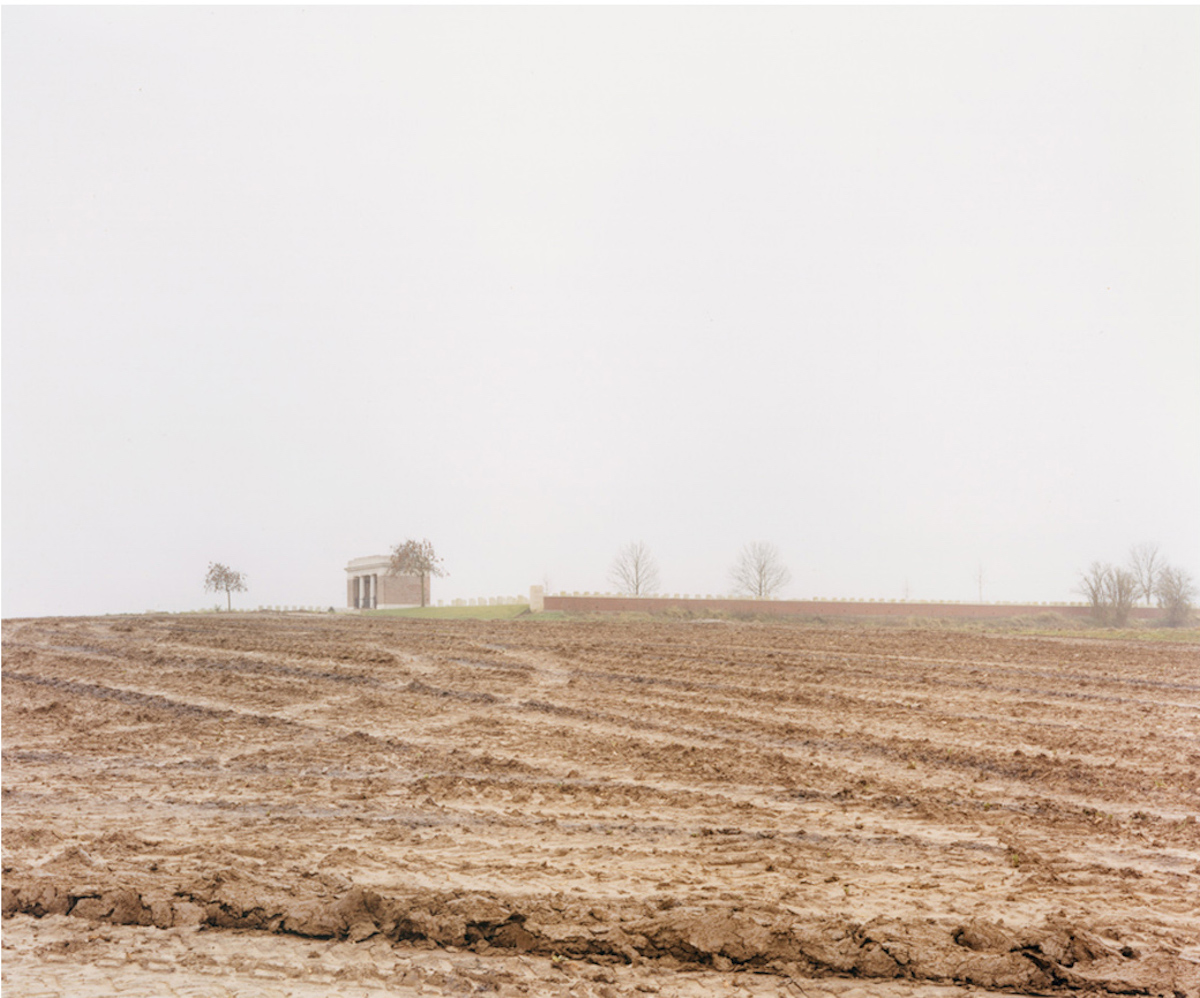
Print: 8,5 x 7 inches
Frame: 15 x 13 inches
Signed and numbered on verso
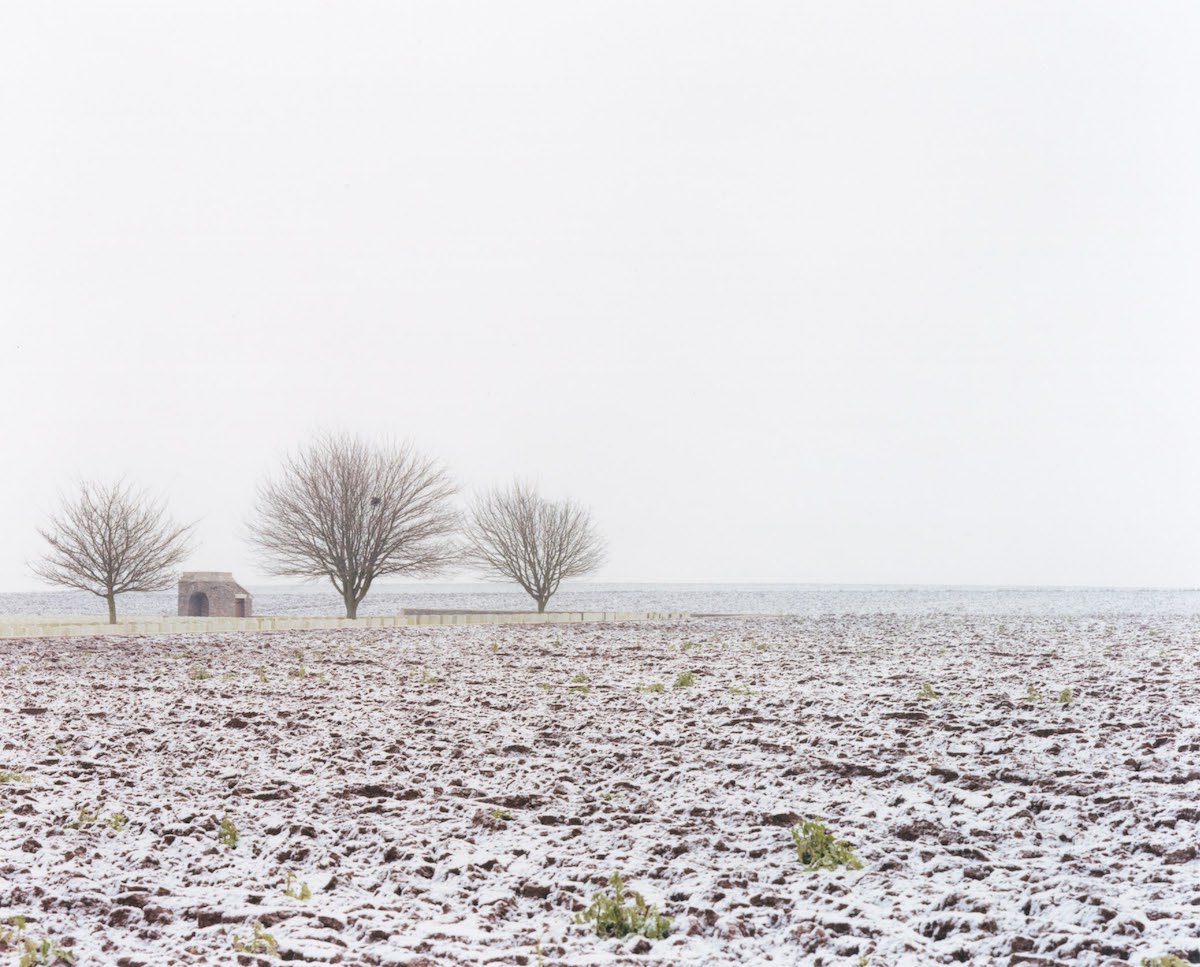
Print: 8,5 x 7 inches
Frame: 15 x 13 inches
Signed and numbered on verso
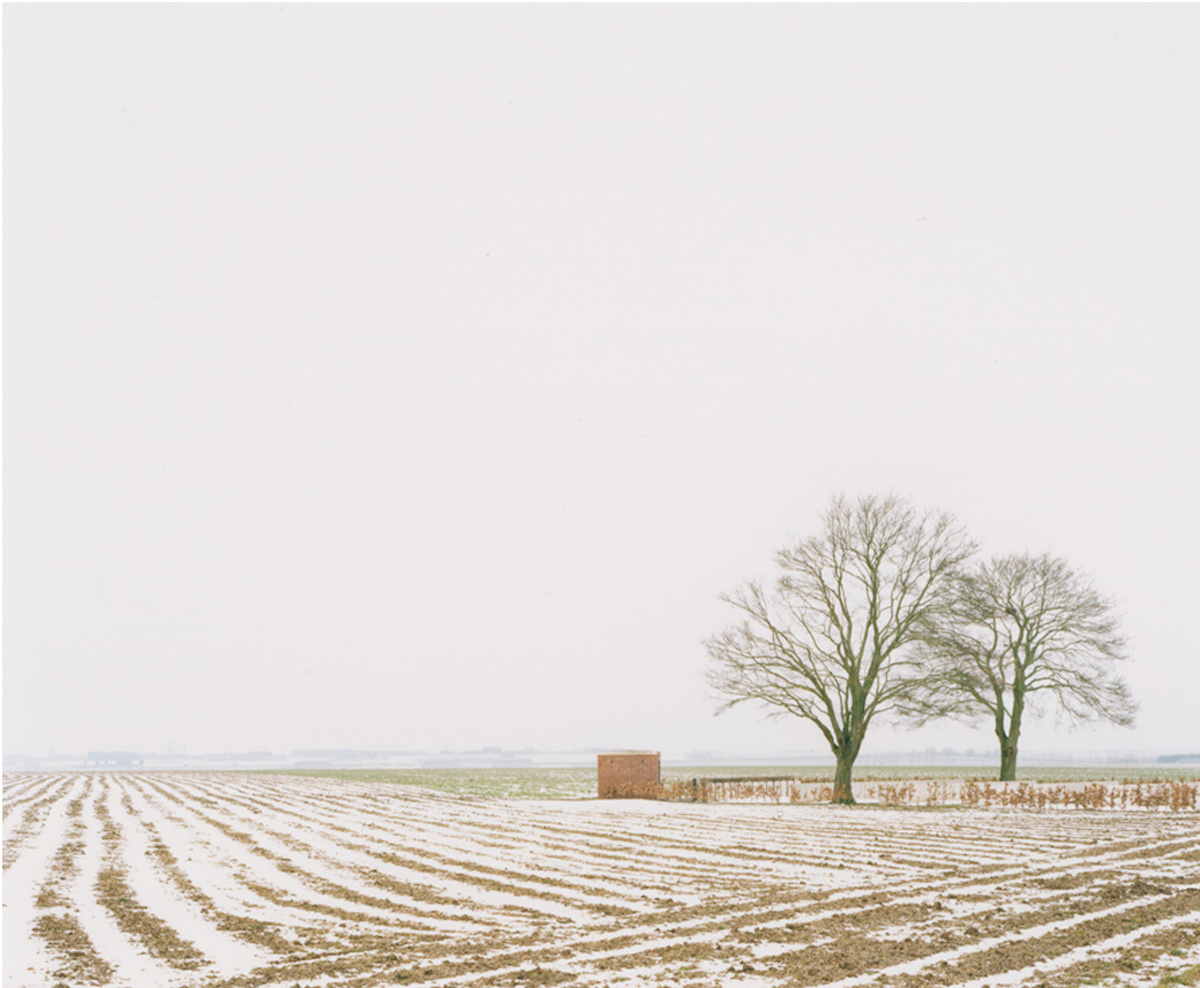
Print: 7 x 8,5 inches
Frame: 13 x 15 inches
Signed and numbered on verso
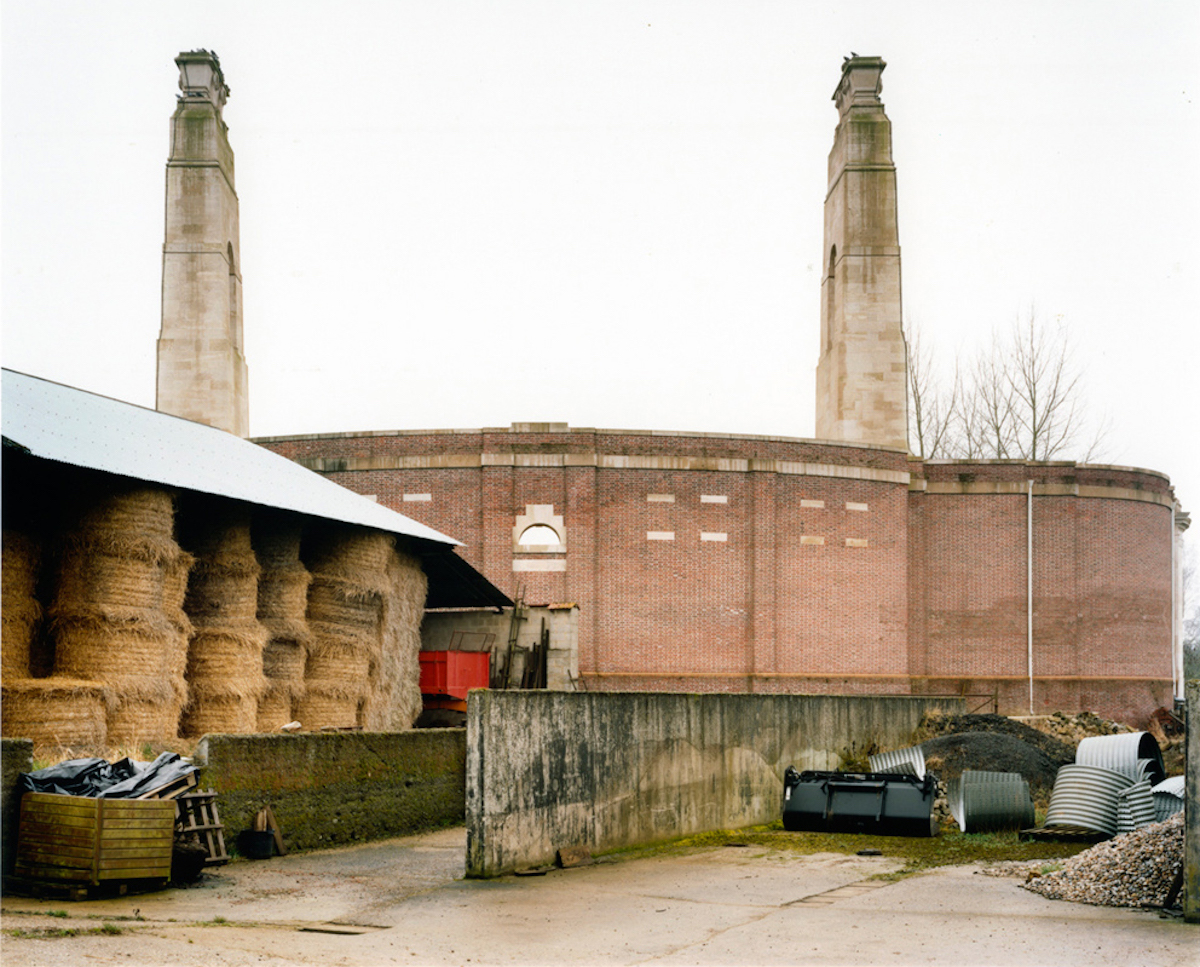
Print: 8,5 x 7 inches
Frame: 15 x 13 inches
Signed and numbered on verso
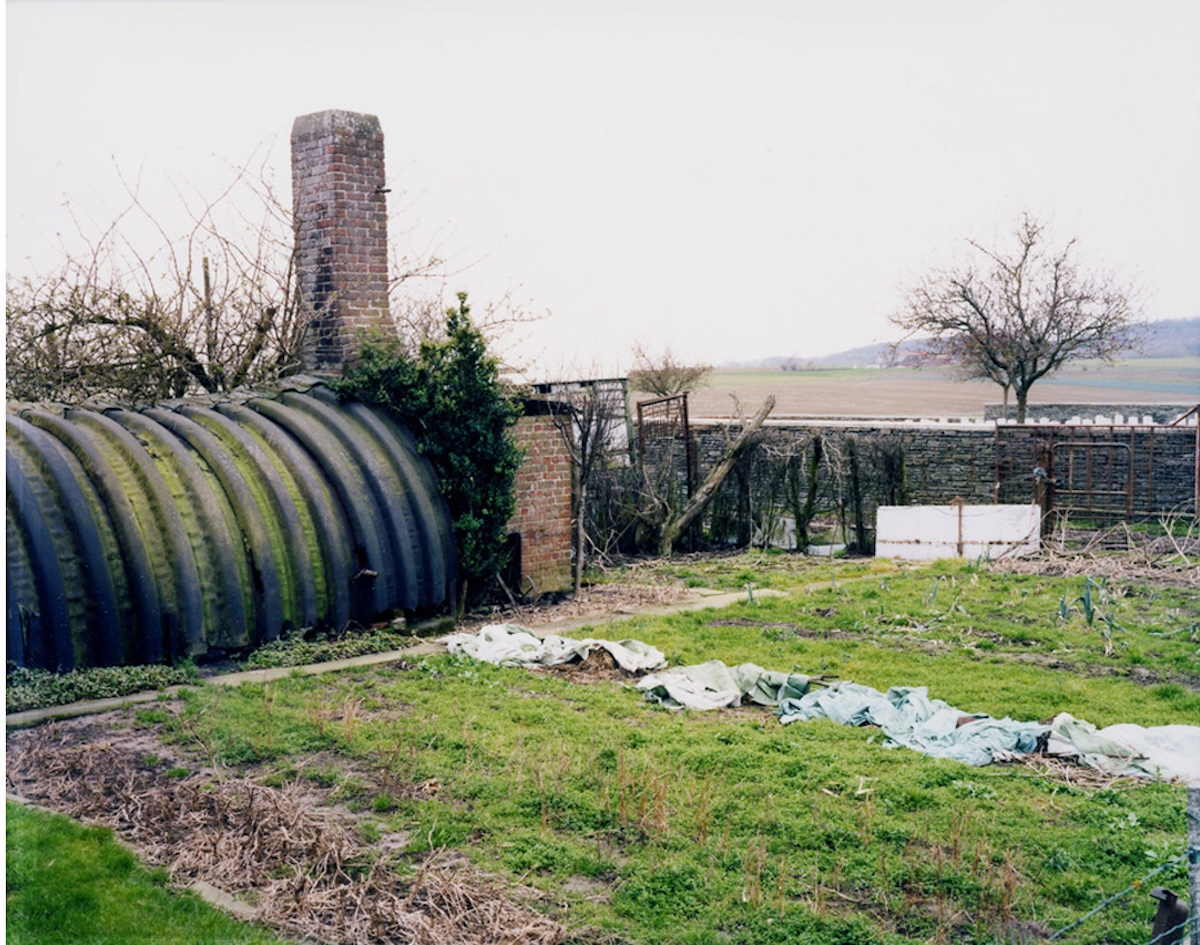
Print: 8,5 x 7 inches
Signed and numbered on verso
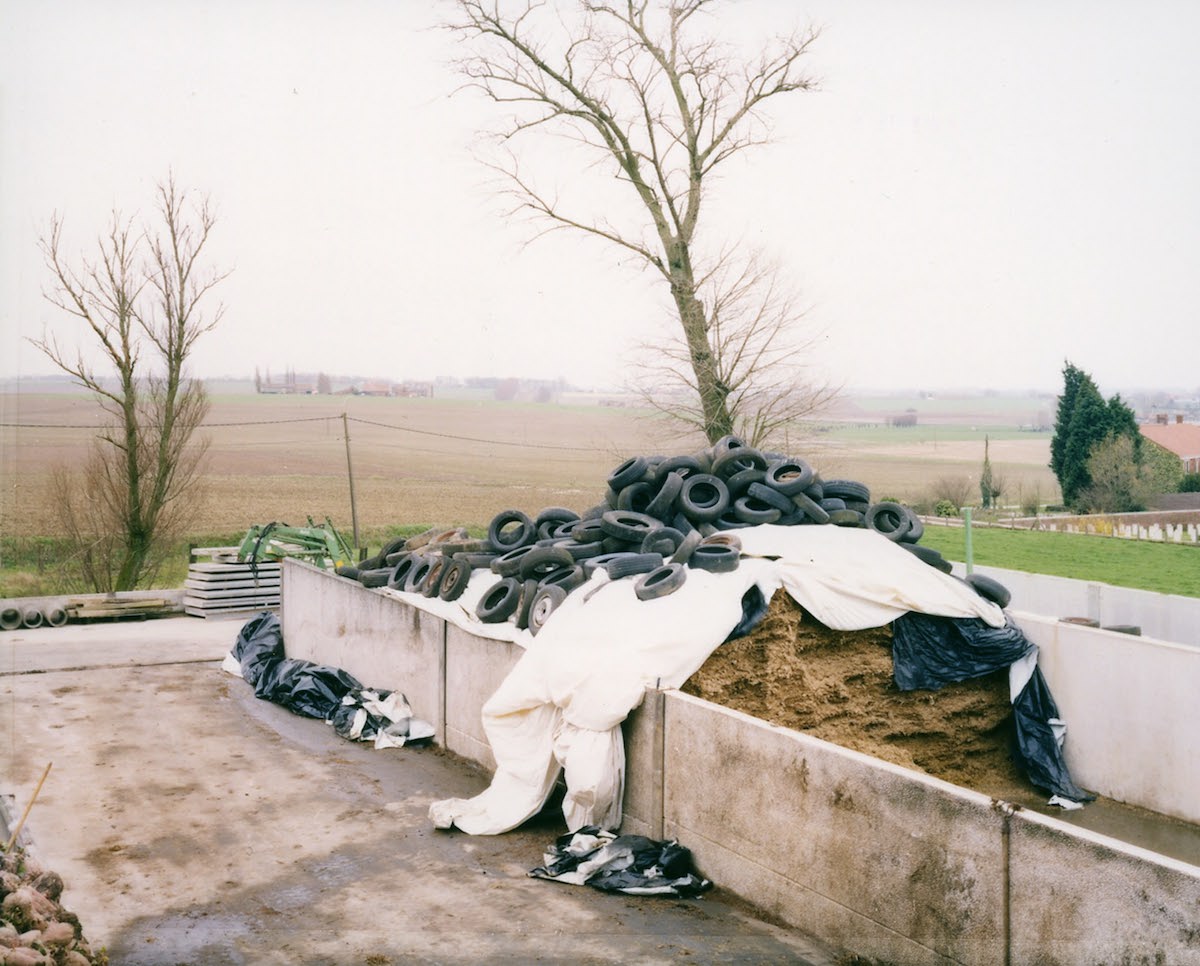
Print: 8,5 x 7 inches
Frame: 13 x 15 inches
Signed and numbered on verso
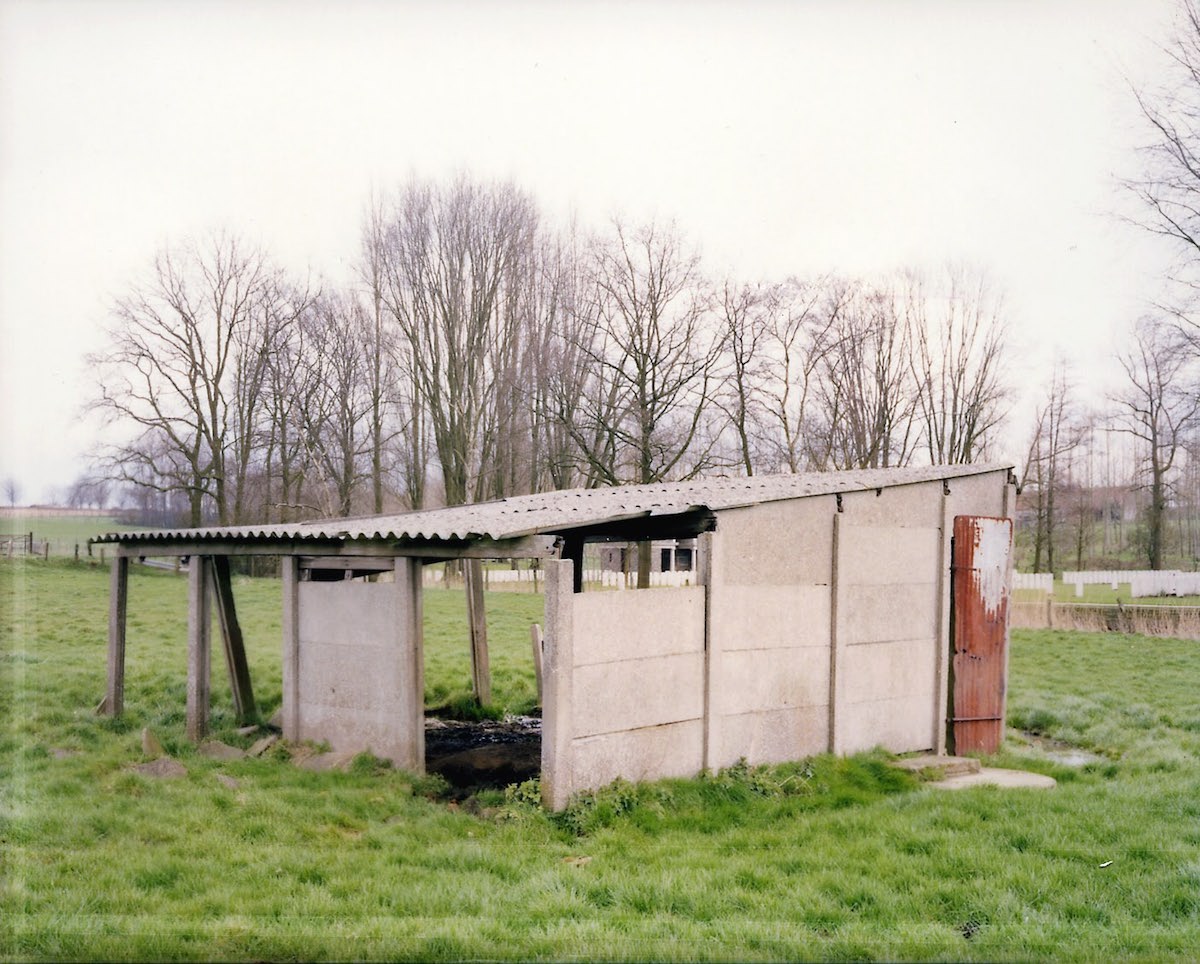
Print: 8,5 x 7 inches
Signed and numbered on verso
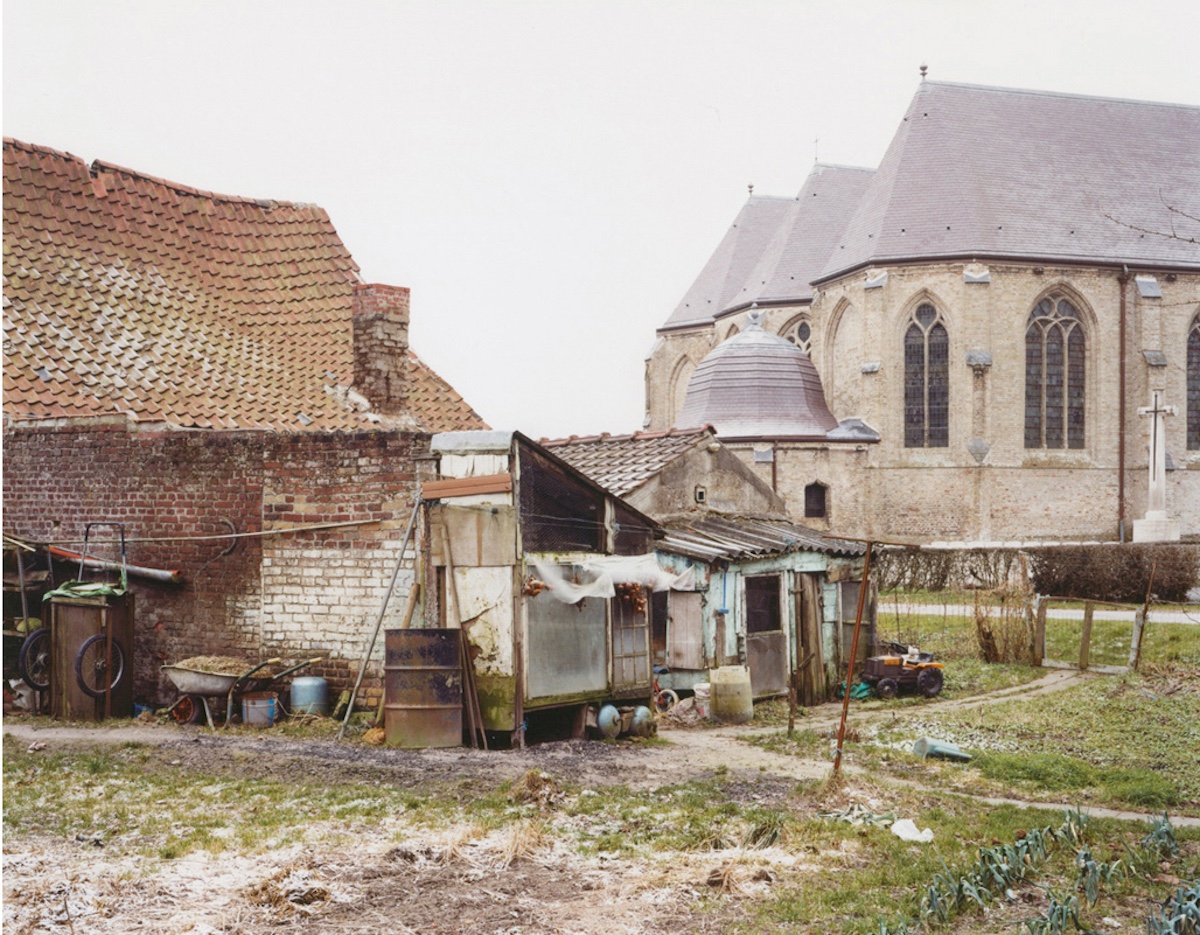
Print: 43 x 55 inches
Signed and numbered on verso
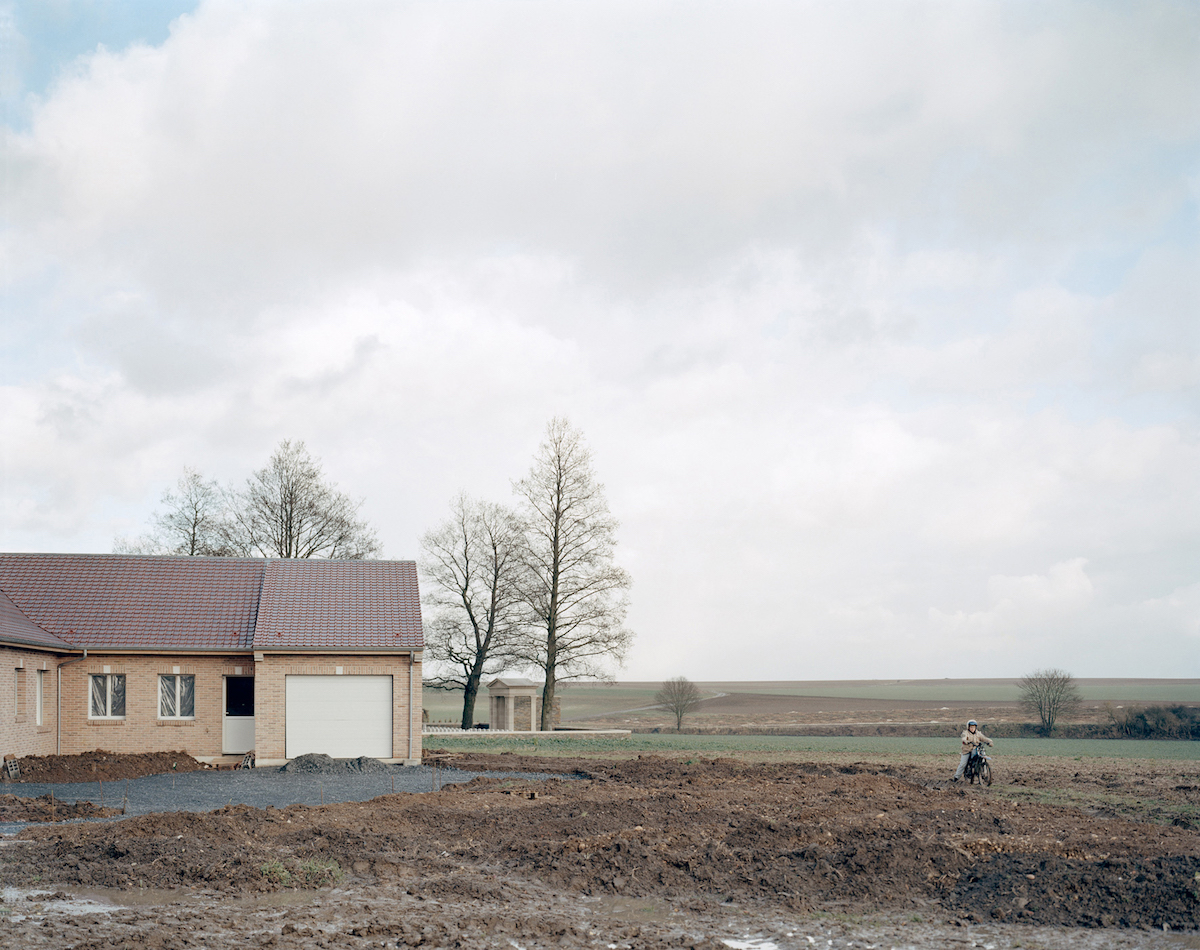
Print: 43 x 55 inches
Signed and numbered on verso
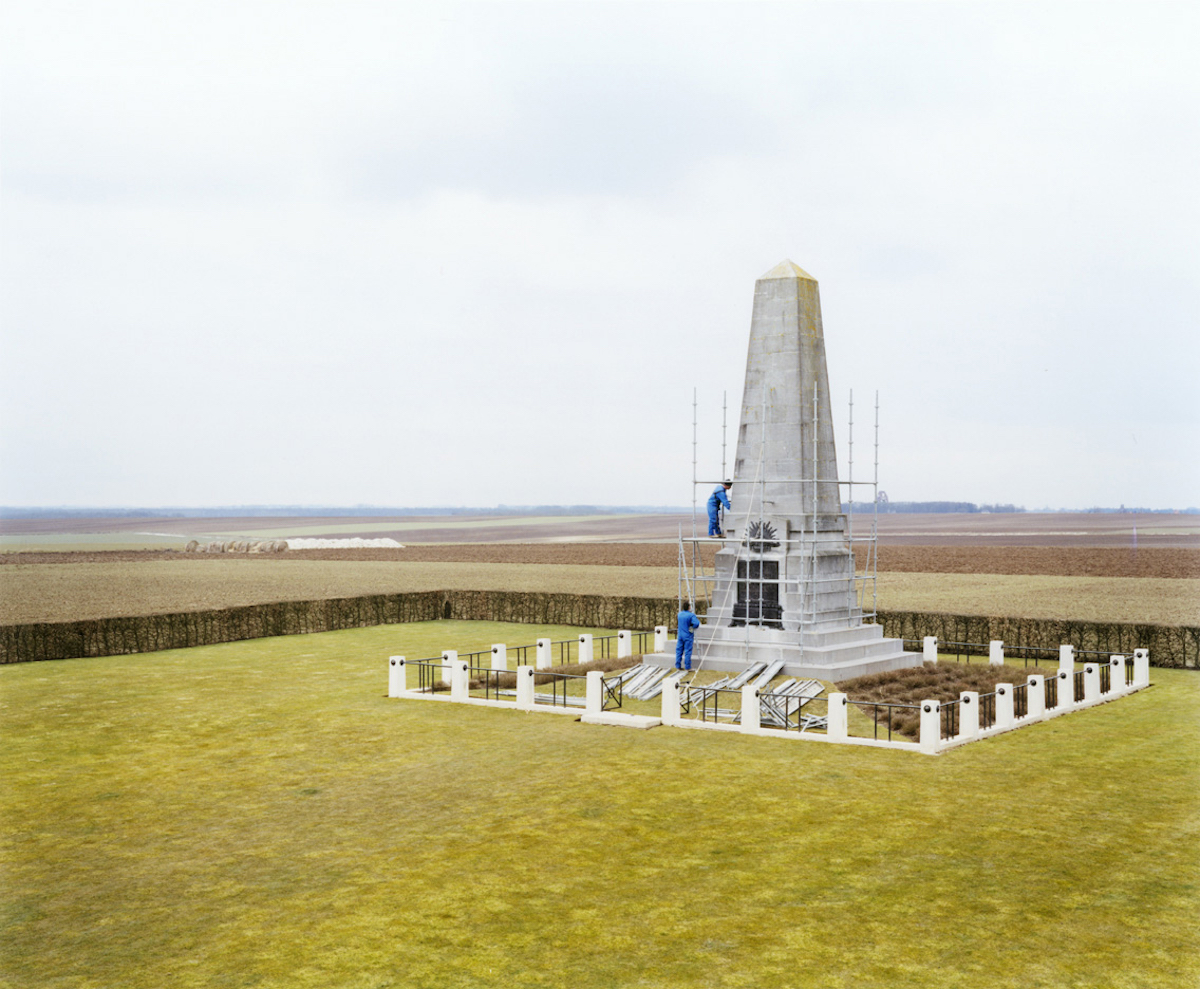
Print: 43 x 55 inches
Signed and numbered on verso
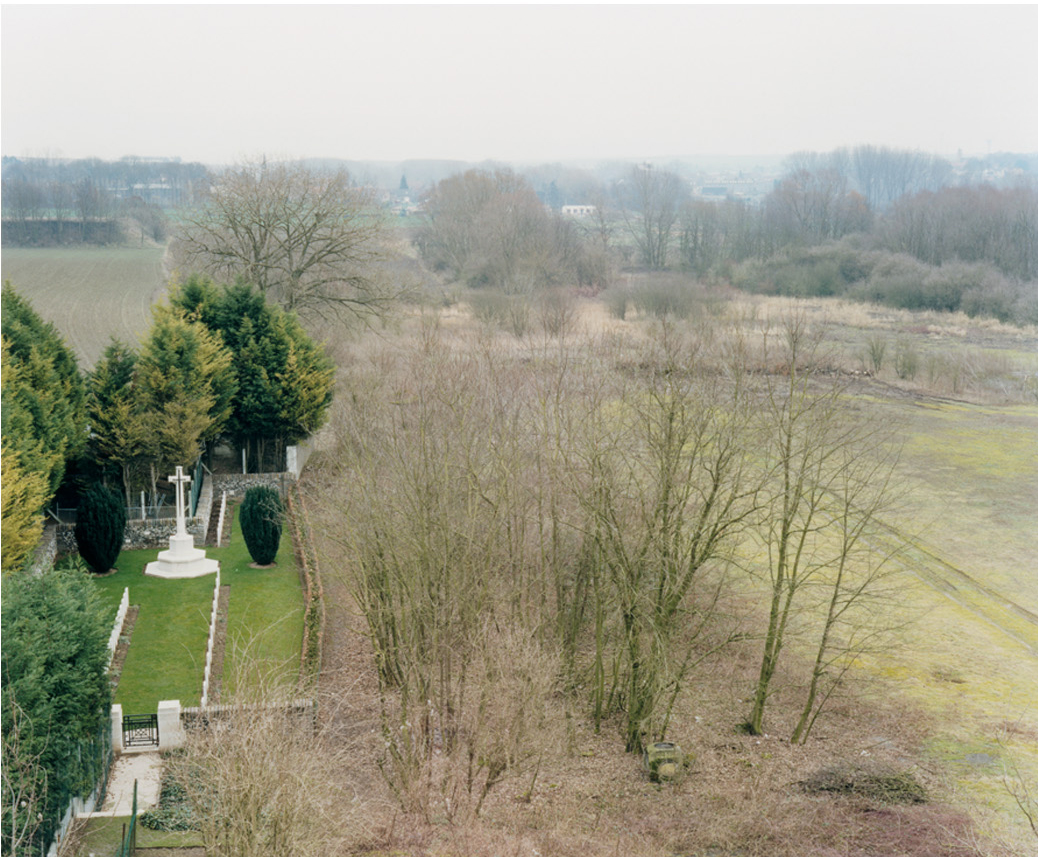
Print: 7 x 8,5 inches
Frame: 13 x 15 inches
Signed and numbered on verso
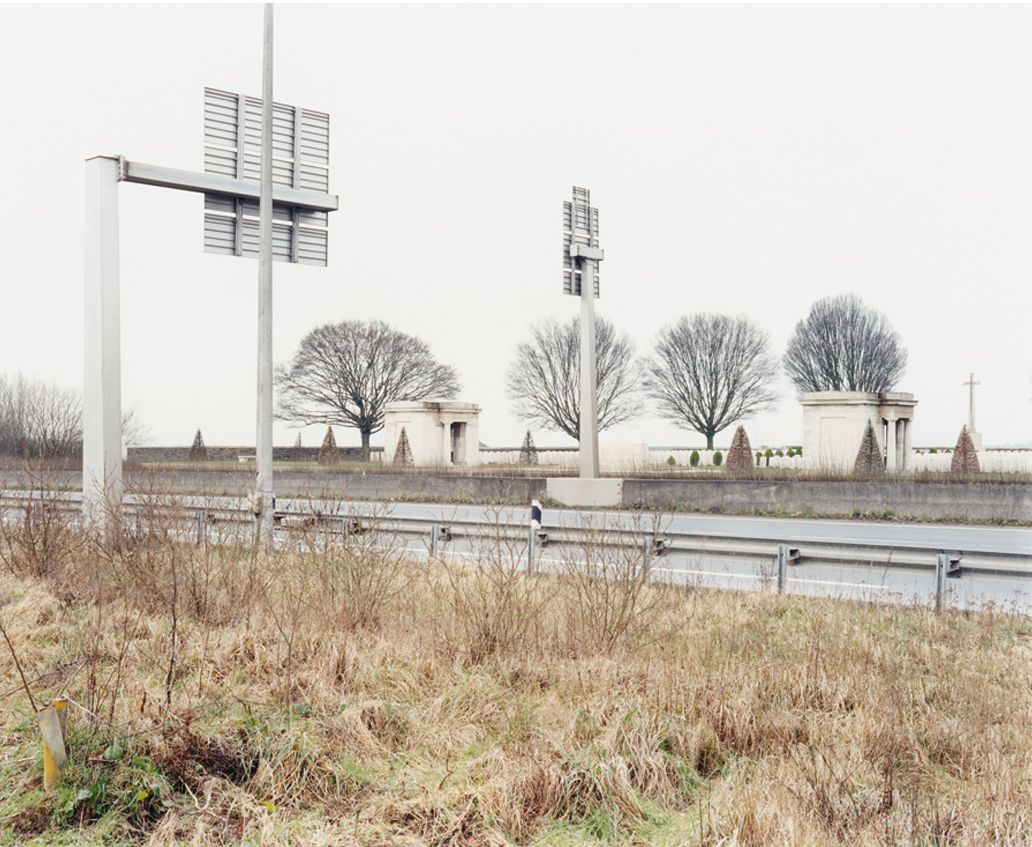
Print: 7 x 8,5 inches
Frame: 13 x 15 inches
Signed and numbered on verso
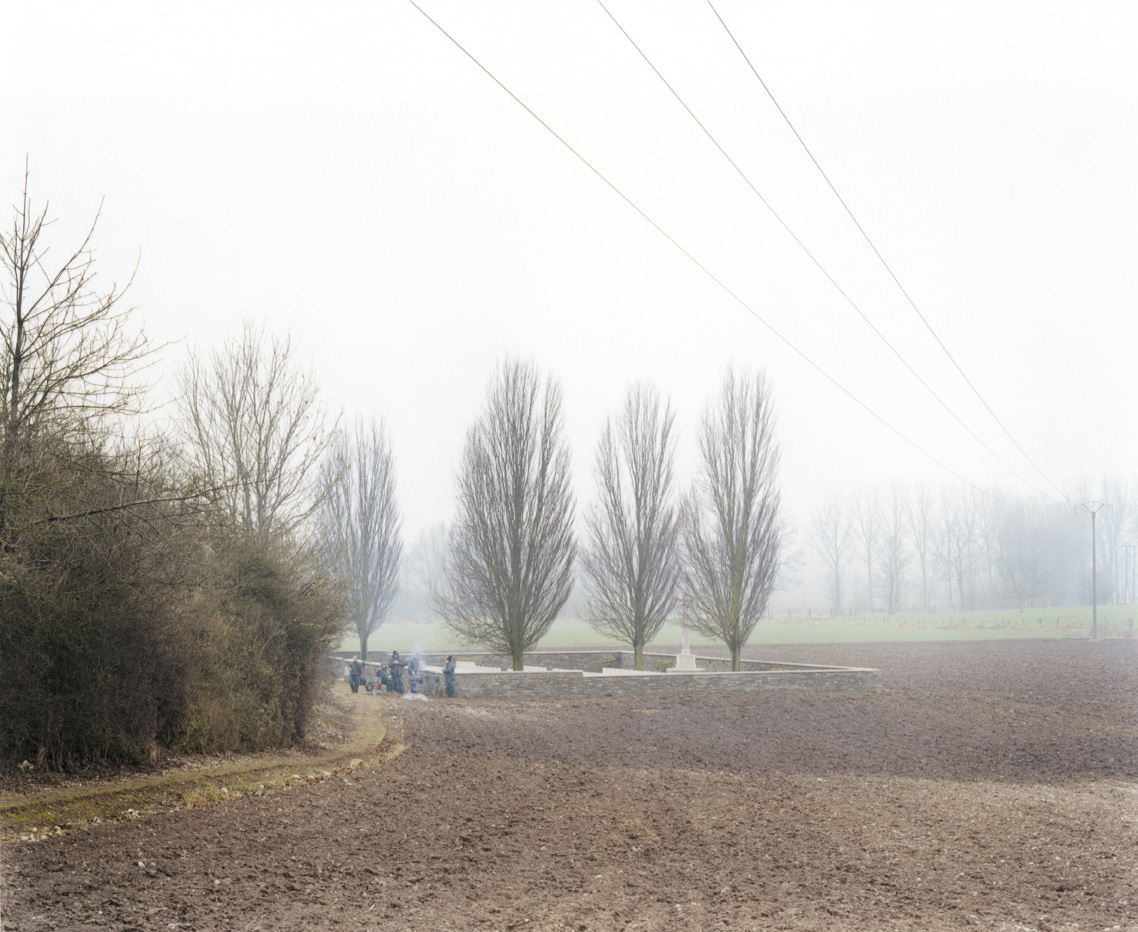
Print: 43 x 55 inches
Signed and numbered on verso
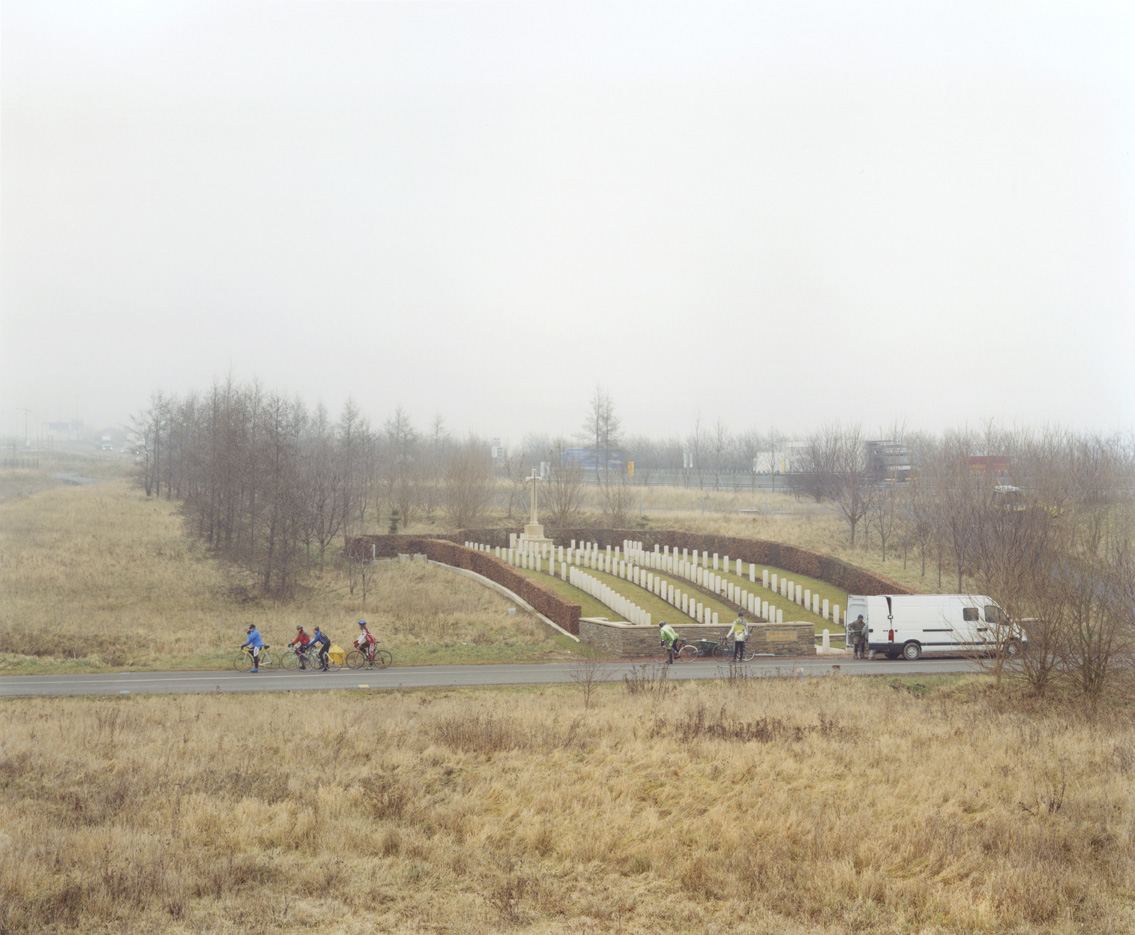
Print: 43 x 55 inches
Signed and numbered on verso
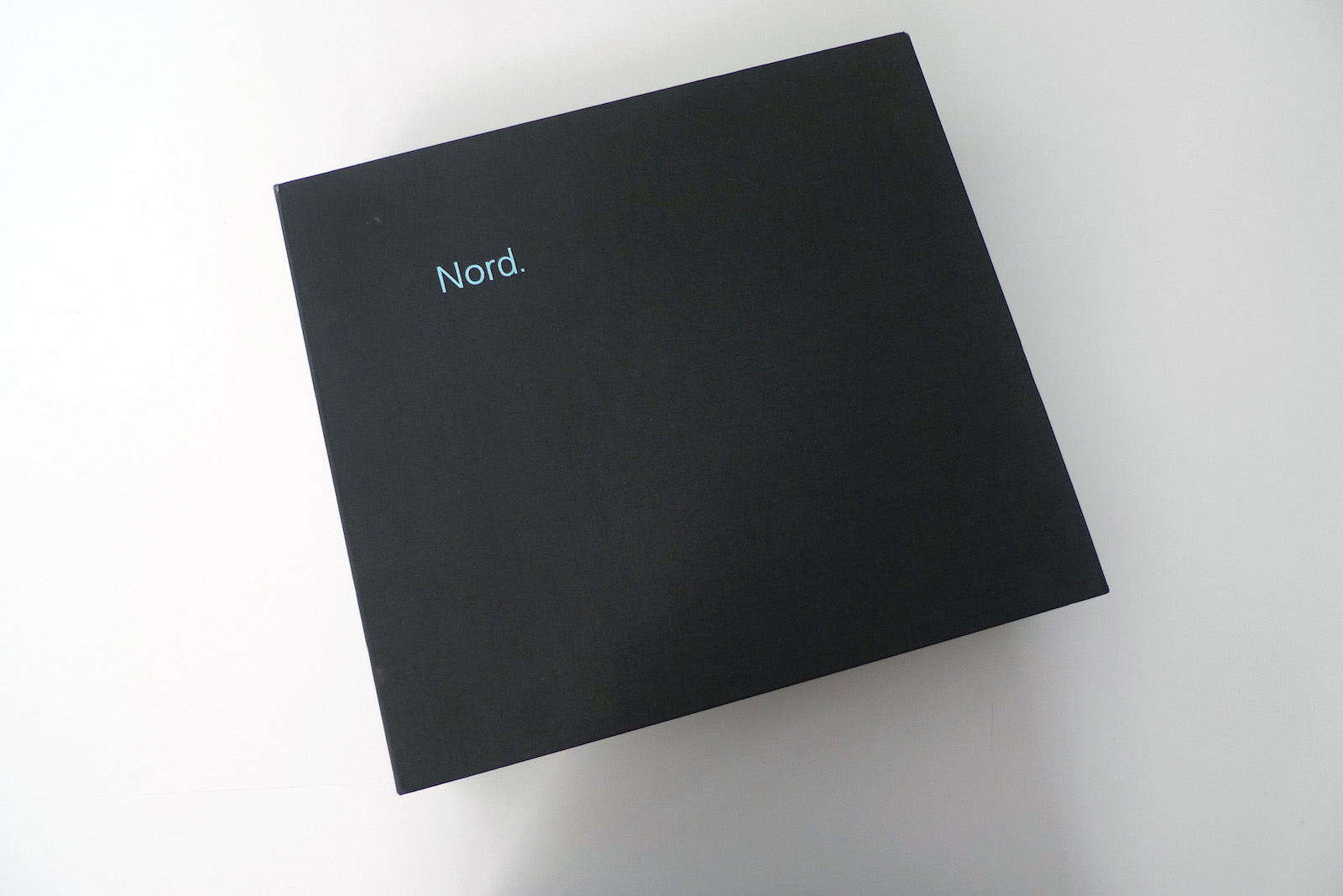
14 x 15 inches
Prints numbered and signed by the artist
Gelatin silver prints, 7 x 8 inches
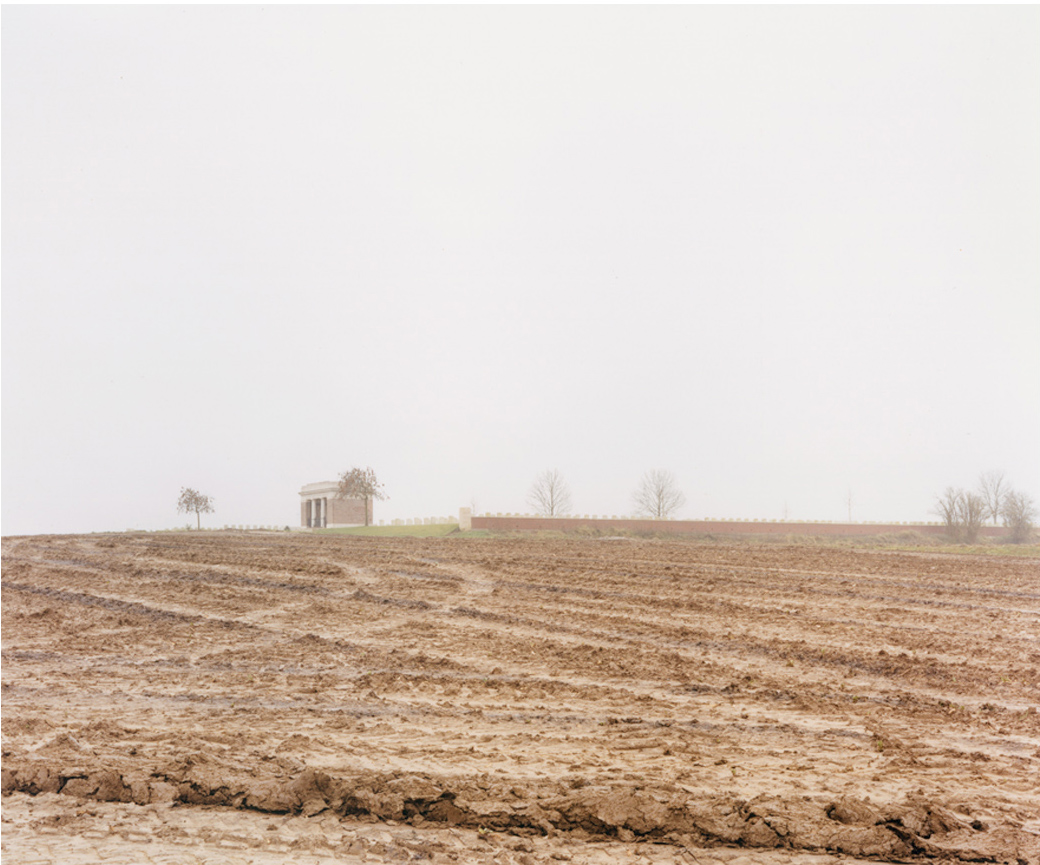
14 x 15 inches
Prints numbered and signed by the artist
Gelatin silver prints, 7 x 8 inches
Aymeric Fouquez, Gouzeaucourt, France, 2007
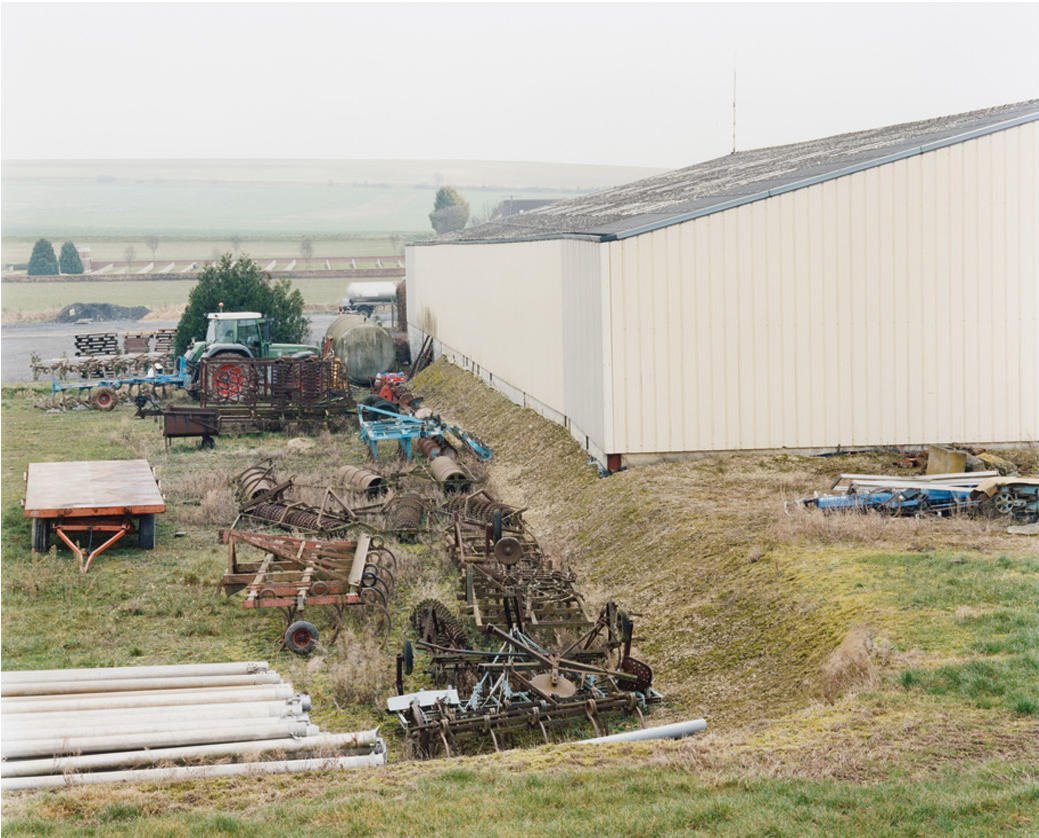
14 x 15 inches
Prints numbered and signed by the artist
Gelatin silver prints, 7 x 8 inches
Aymeric Fouquez, Bray-sur-Somme, France, 2008
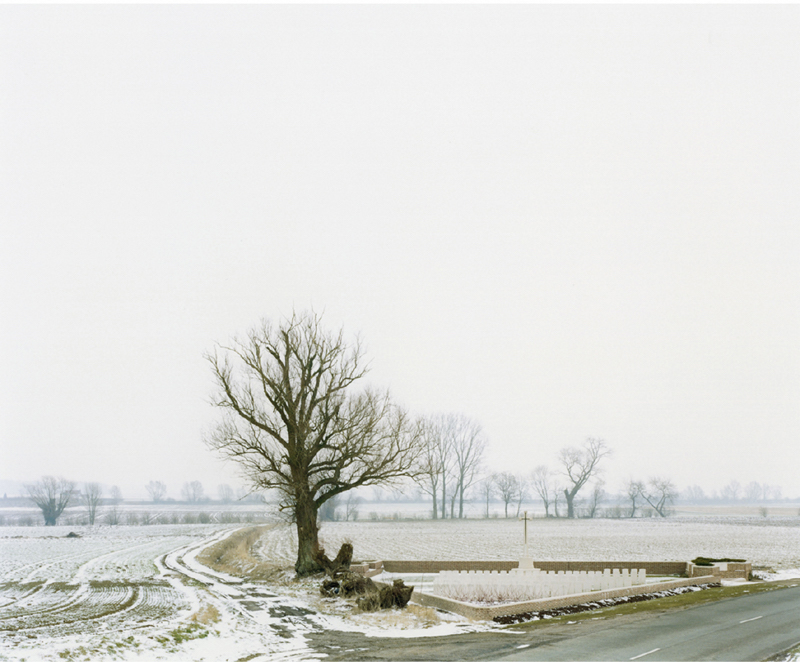
14 x 15 inches
Prints numbered and signed by the artist
Gelatin silver prints, 7 x 8 inches
Aymeric Fouquez, Hendécourt-lès-cagnicourt, 2005
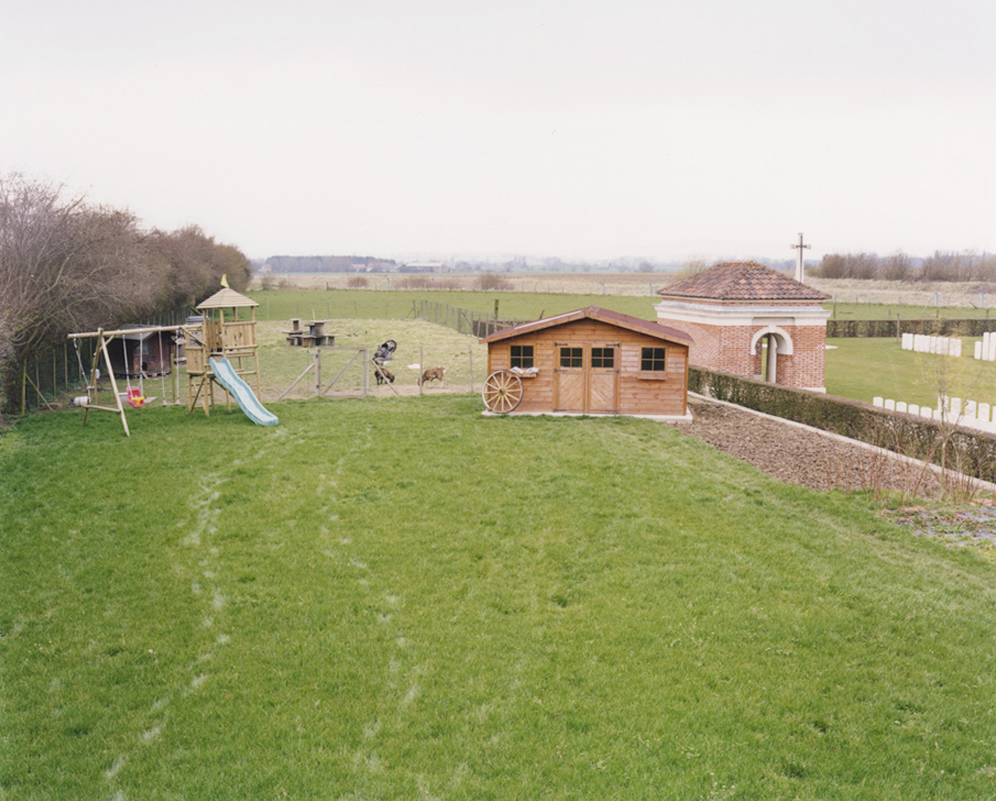
14 x 15 inches
Prints numbered and signed by the artist
Gelatin silver prints, 7 x 8 inches
Aymeric Fouquez, Outersteene, 2008
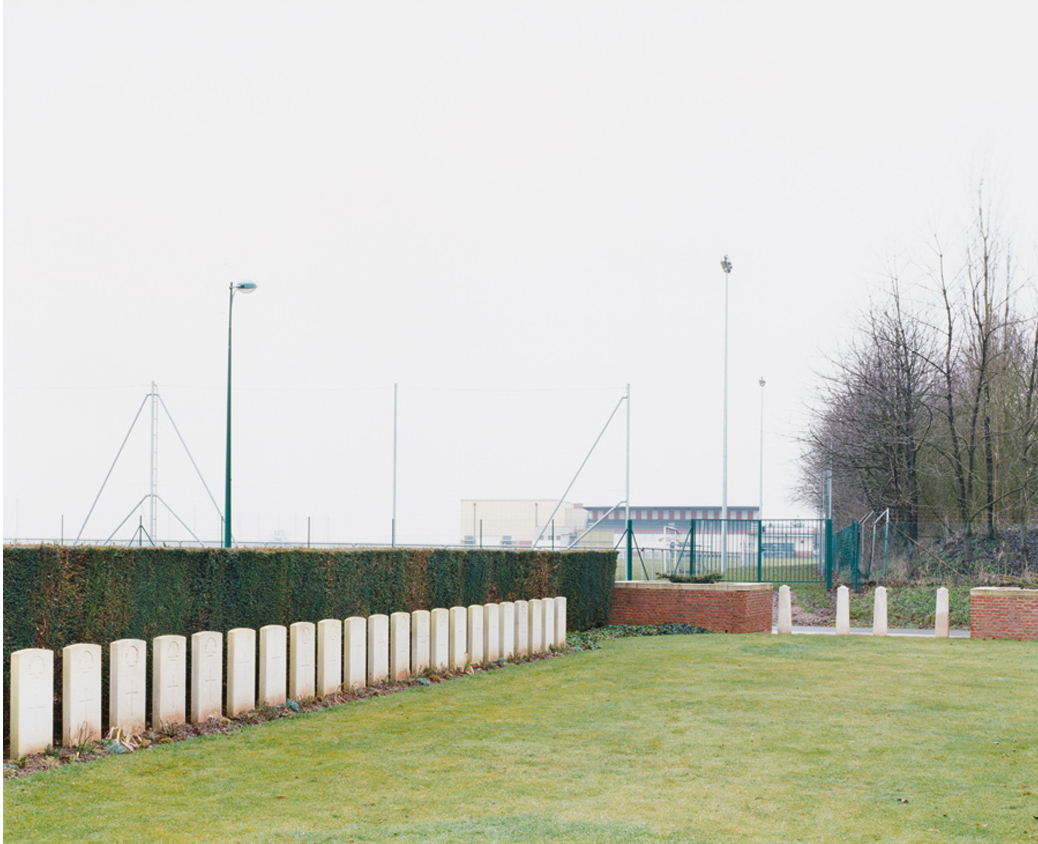
14 x 15 inches
Prints numbered and signed by the artist
Gelatin silver prints, 7 x 8 inches
Aymeric Fouquez, Beaurains, 2005
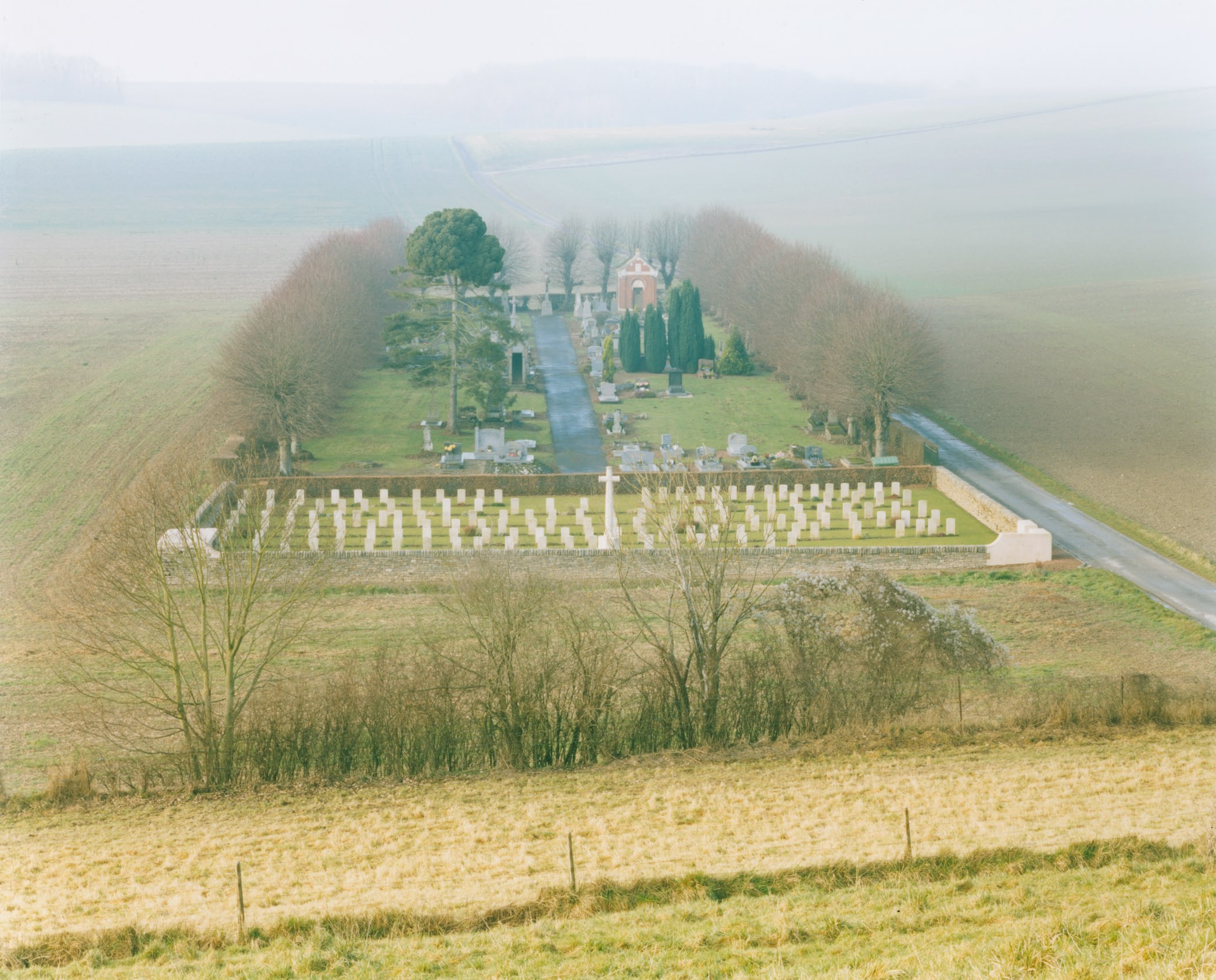
14 x 15 inches
Prints numbered and signed by the artist
Gelatin silver prints, 7 x 8 inches
Aymeric Fouquez, Suzanne, 2008
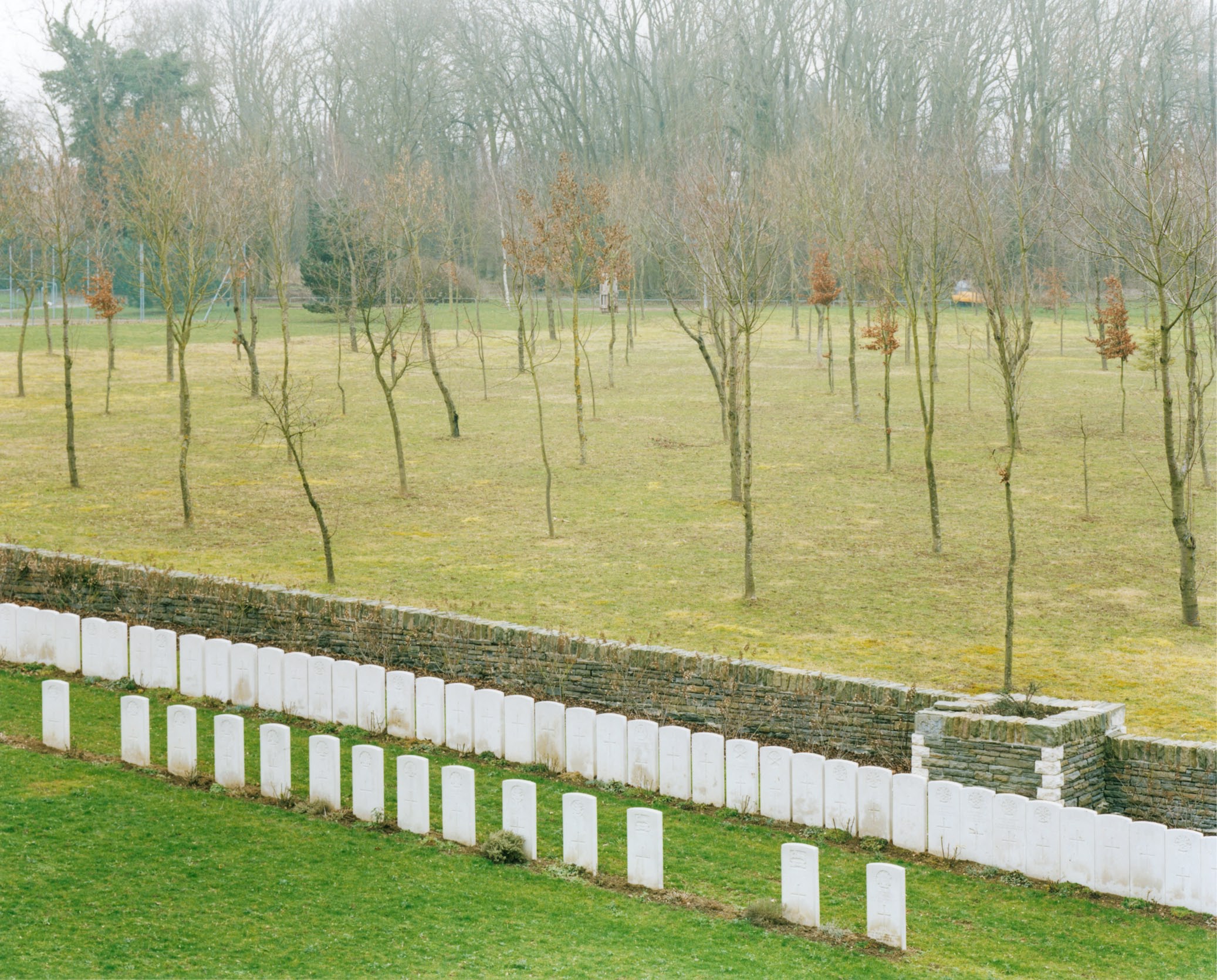
14 x 15 inches
Prints numbered and signed by the artist
Gelatin silver prints, 7 x 8 inches
Aymeric Fouquez, Ecoust Saint Mein #2, 2005
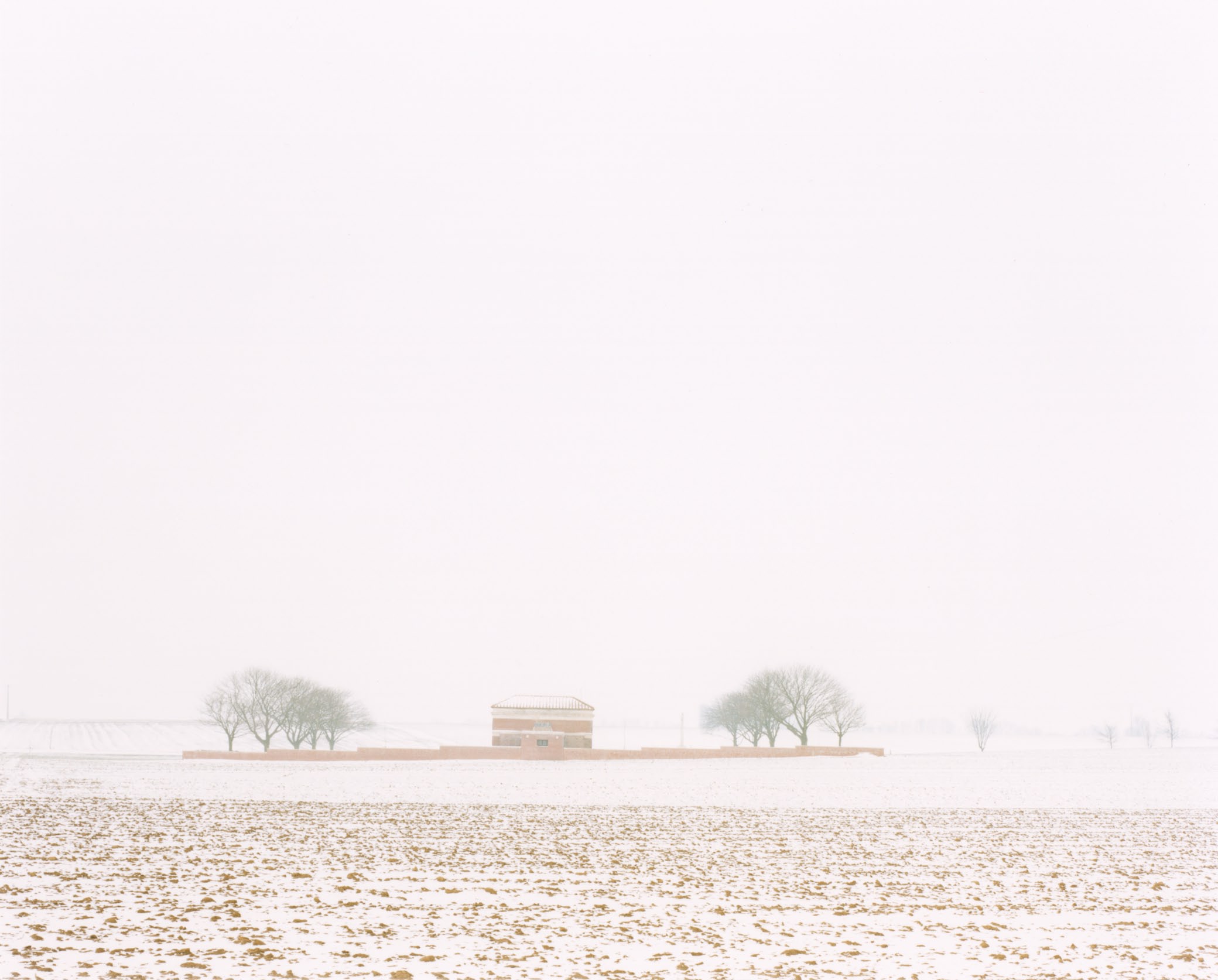
14 x 15 inches
Prints numbered and signed by the artist
Gelatin silver prints, 7 x 8 inches
Aymeric Fouquez, Quéant, 2005
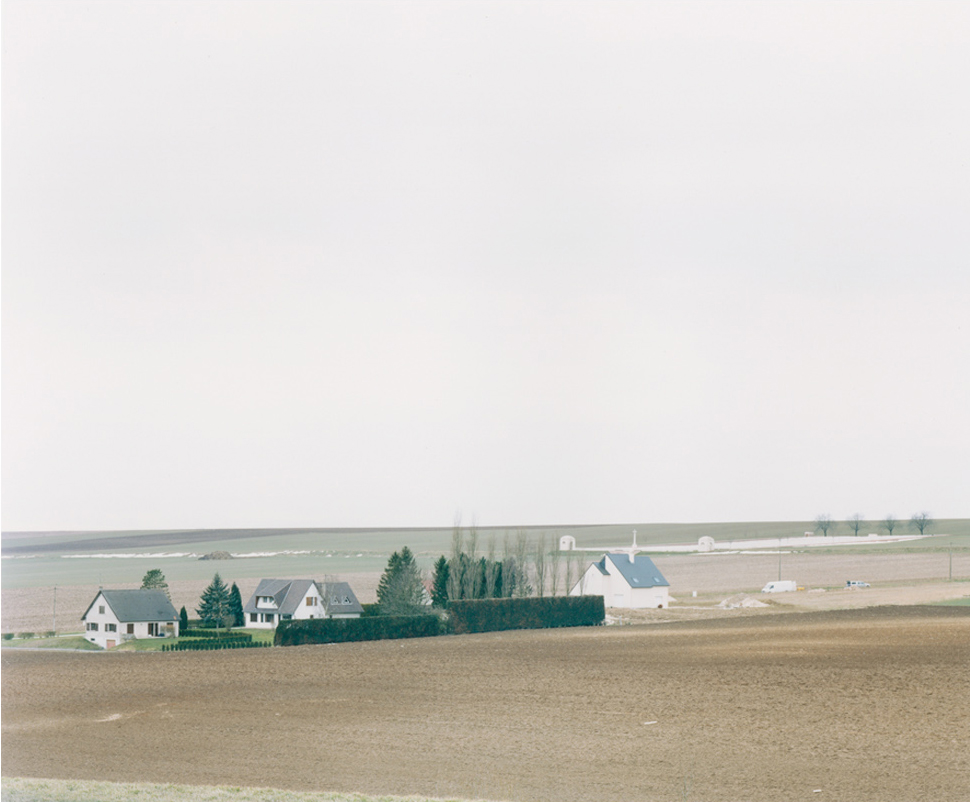
14 x 15 inches
Prints numbered and signed by the artist
Gelatin silver prints, 7 x 8 inches
Aymeric Fouquez, Fricourt, 2005
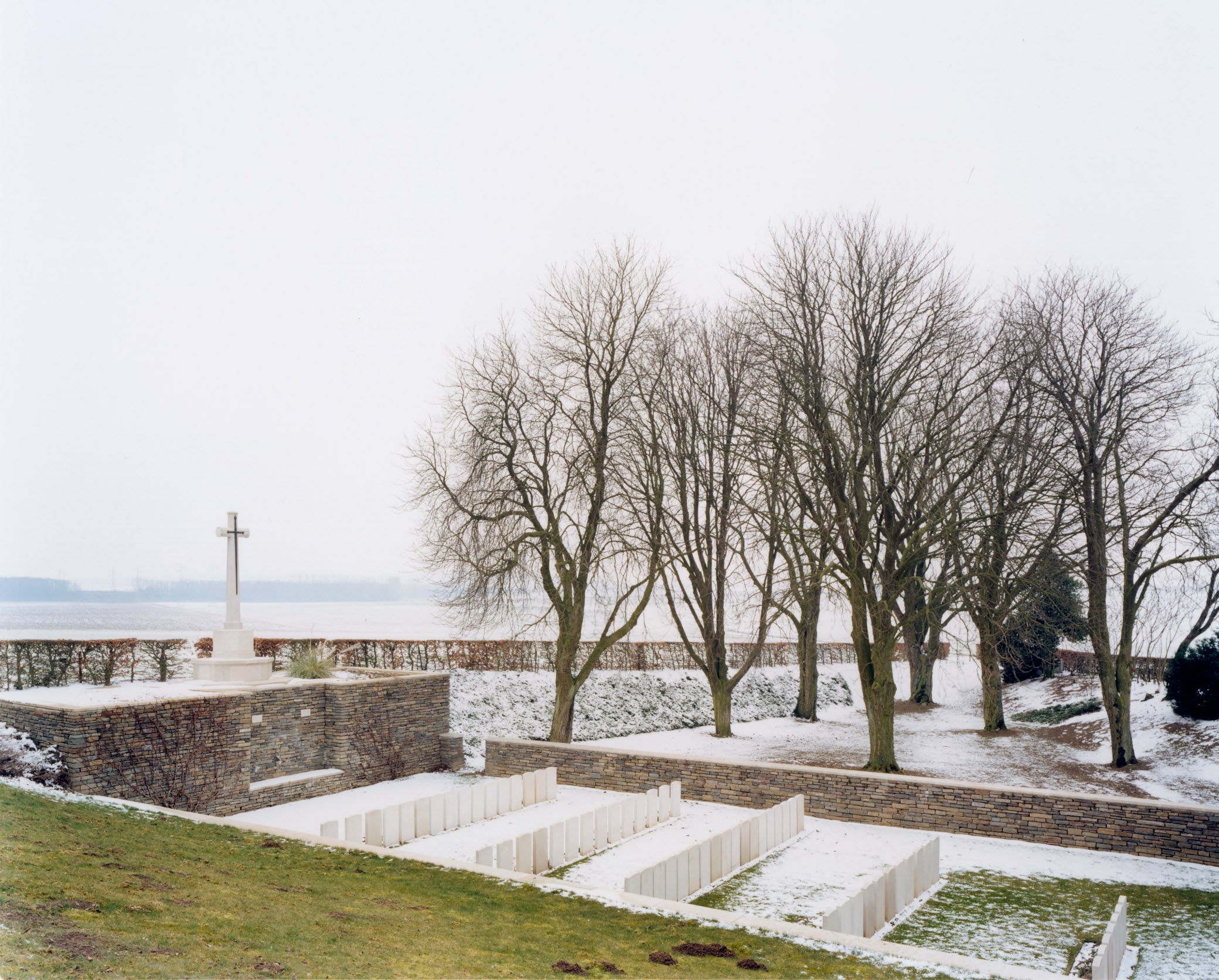
14 x 15 inches
Prints numbered and signed by the artist
Gelatin silver prints, 7 x 8 inches
Aymeric Fouquez, Marquions, 2005
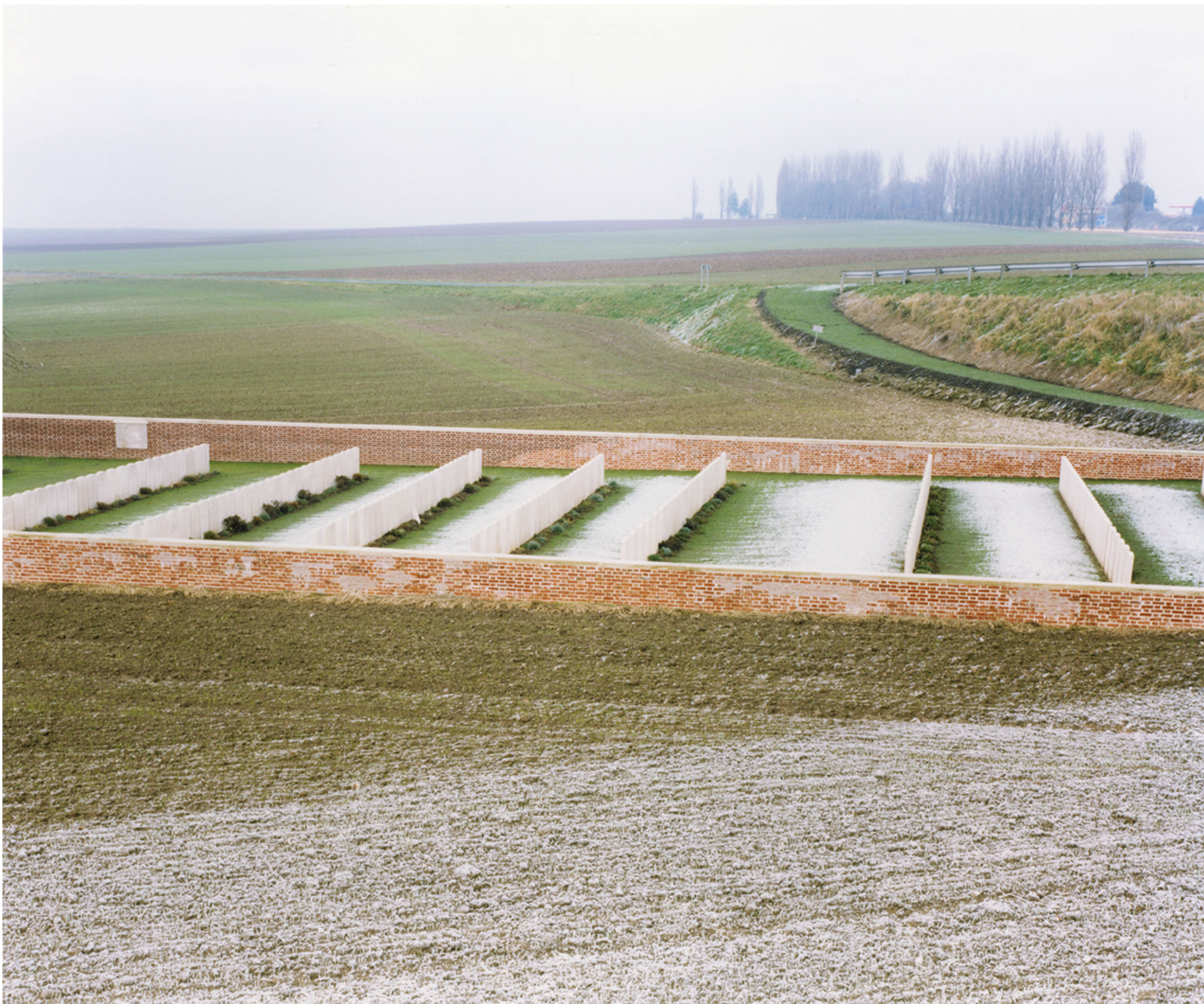
14 x 15 inches
Prints numbered and signed by the artist
Gelatin silver prints, 7 x 8 inches
Aymeric Fouquez, Raincourt-lès-havincourt, 2005
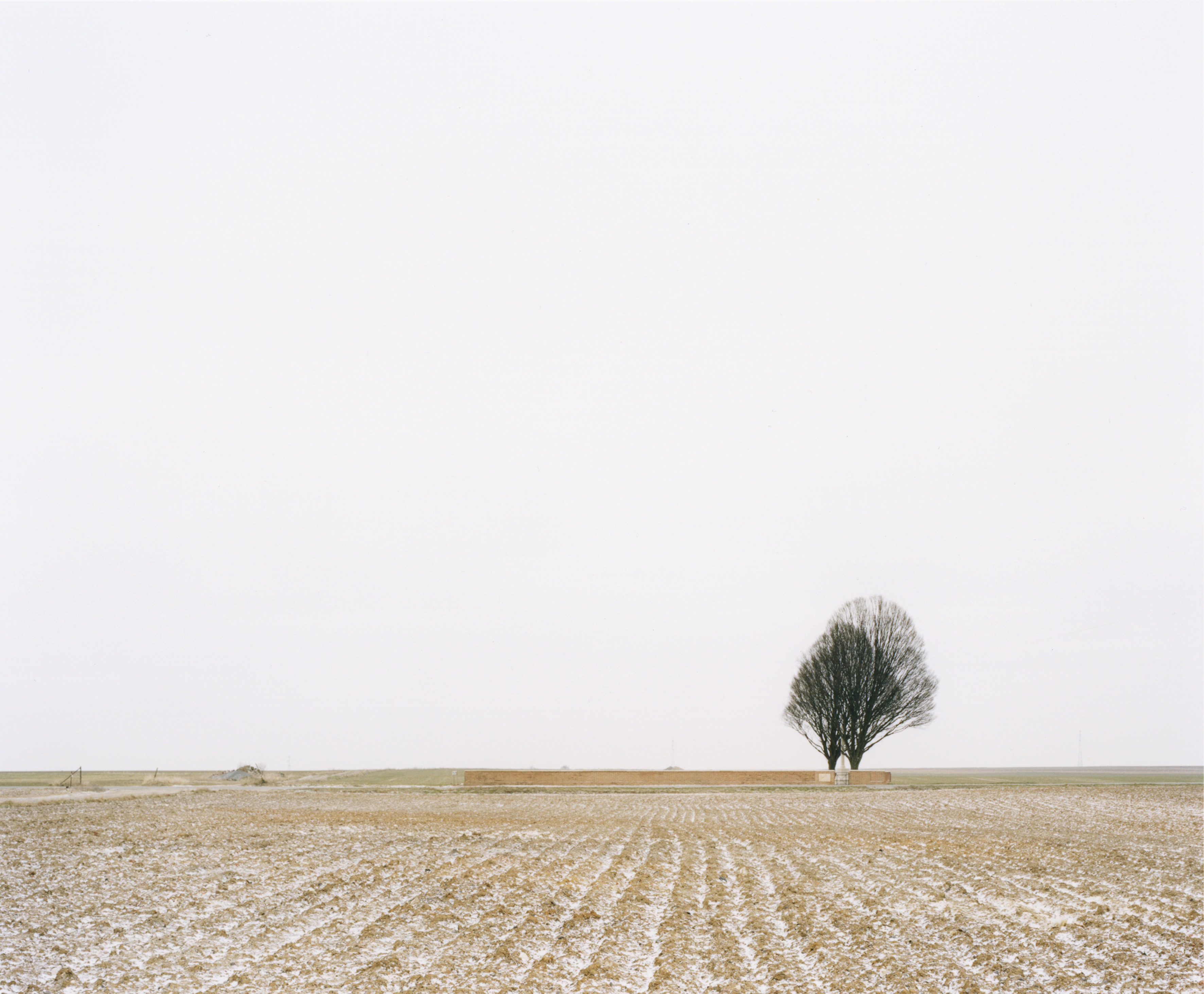
14 x 15 inches
Prints numbered and signed by the artist
Gelatin silver prints, 7 x 8 inches
Aymeric Fouquez, Fontaines-lès-croisilles, 2005
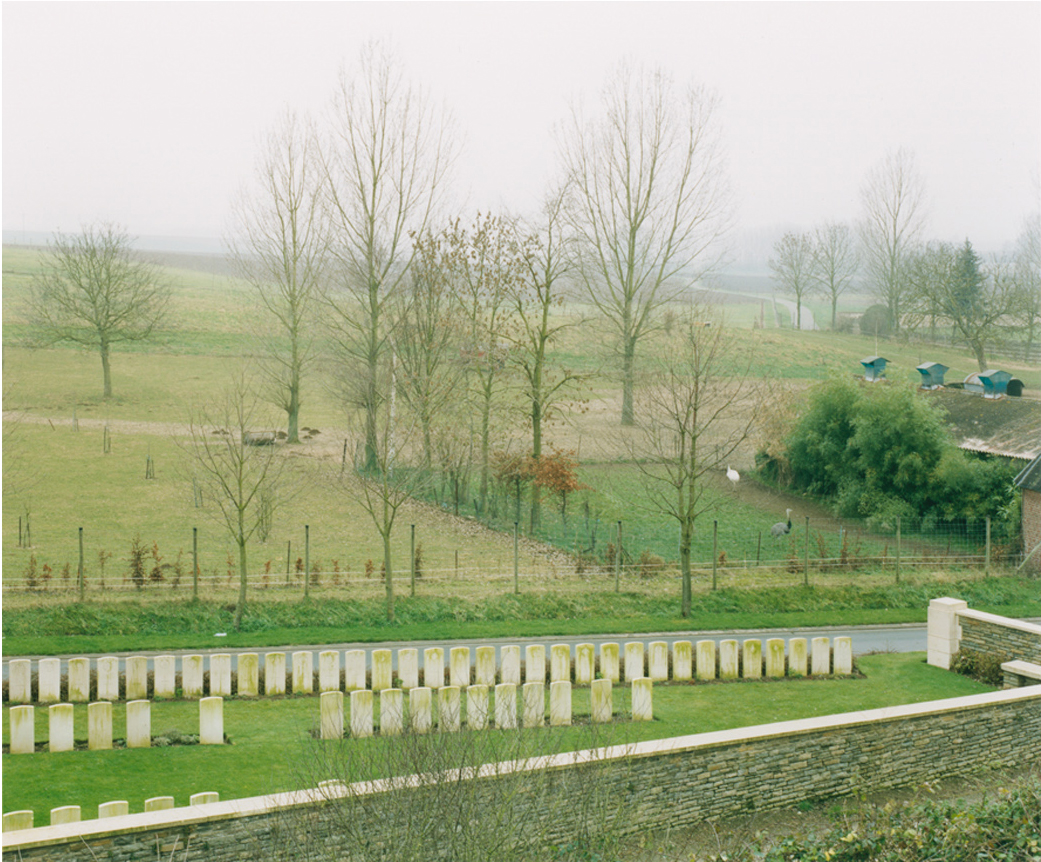
14 x 15 inches
Prints numbered and signed by the artist
Gelatin silver prints, 7 x 8 inches
Aymeric Fouquez, Ribécourt La Tour, France, 2007
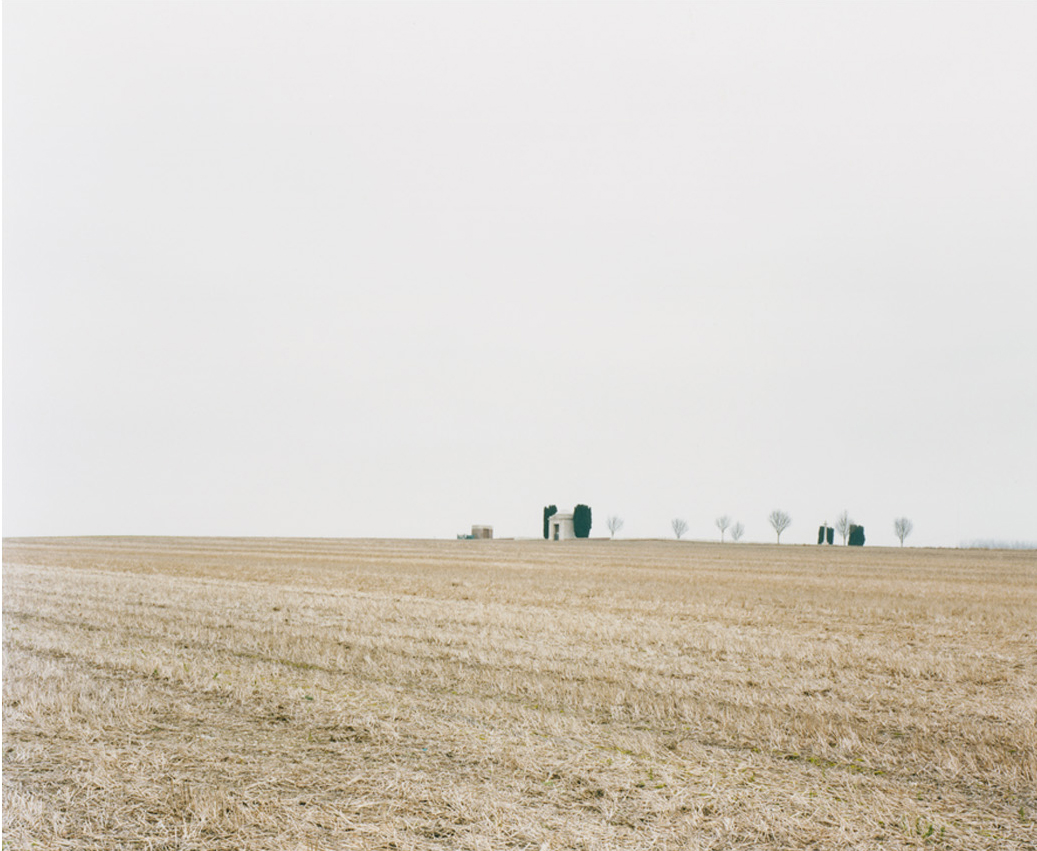
14 x 15 inches
Prints numbered and signed by the artist
Gelatin silver prints, 7 x 8 inches
Aymeric Fouquez, Thiepval, France, 2005
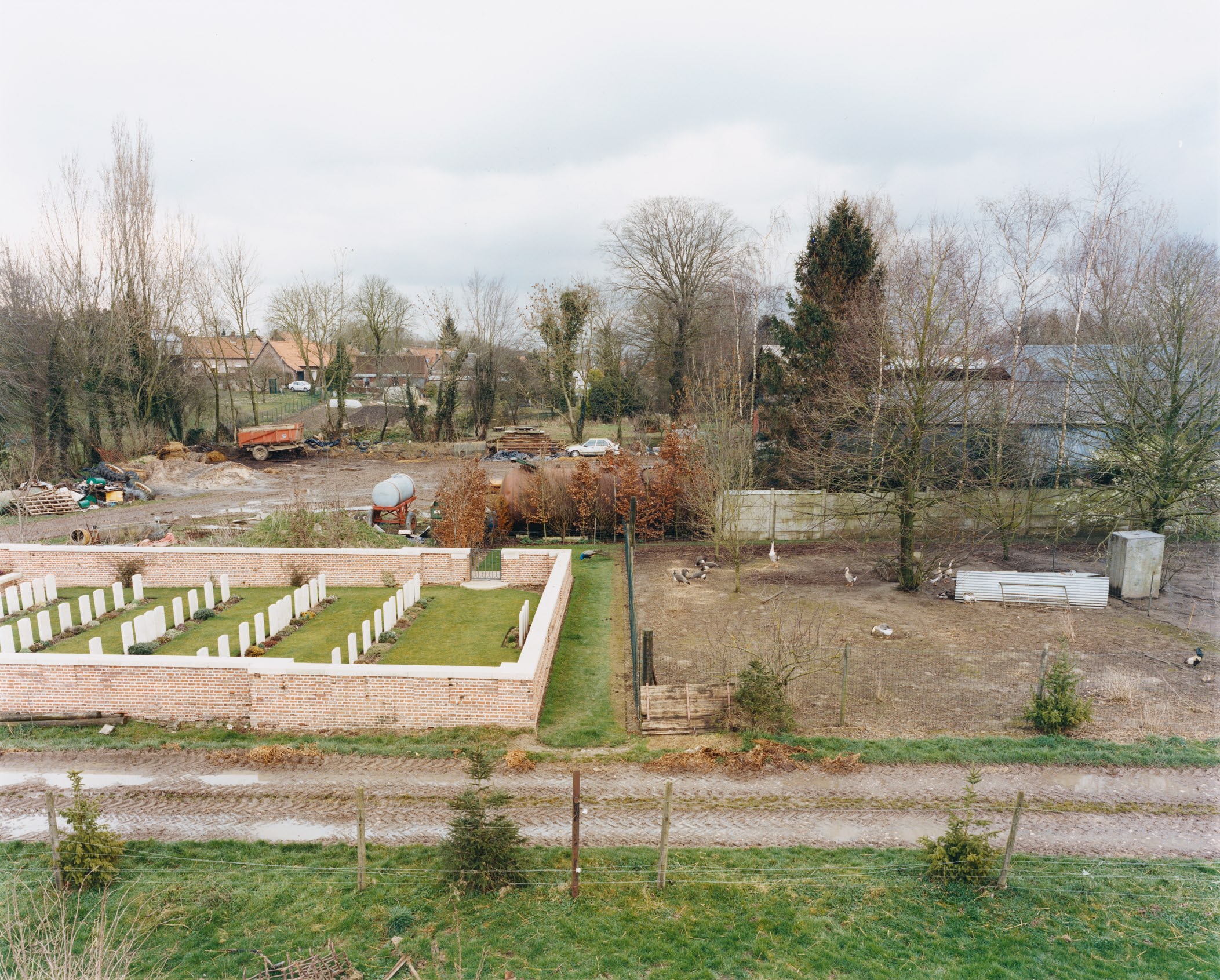
14 x 15 inches
Prints numbered and signed by the artist
Gelatin silver prints, 7 x 8 inches
Aymeric Fouquez, Ayette, 2007
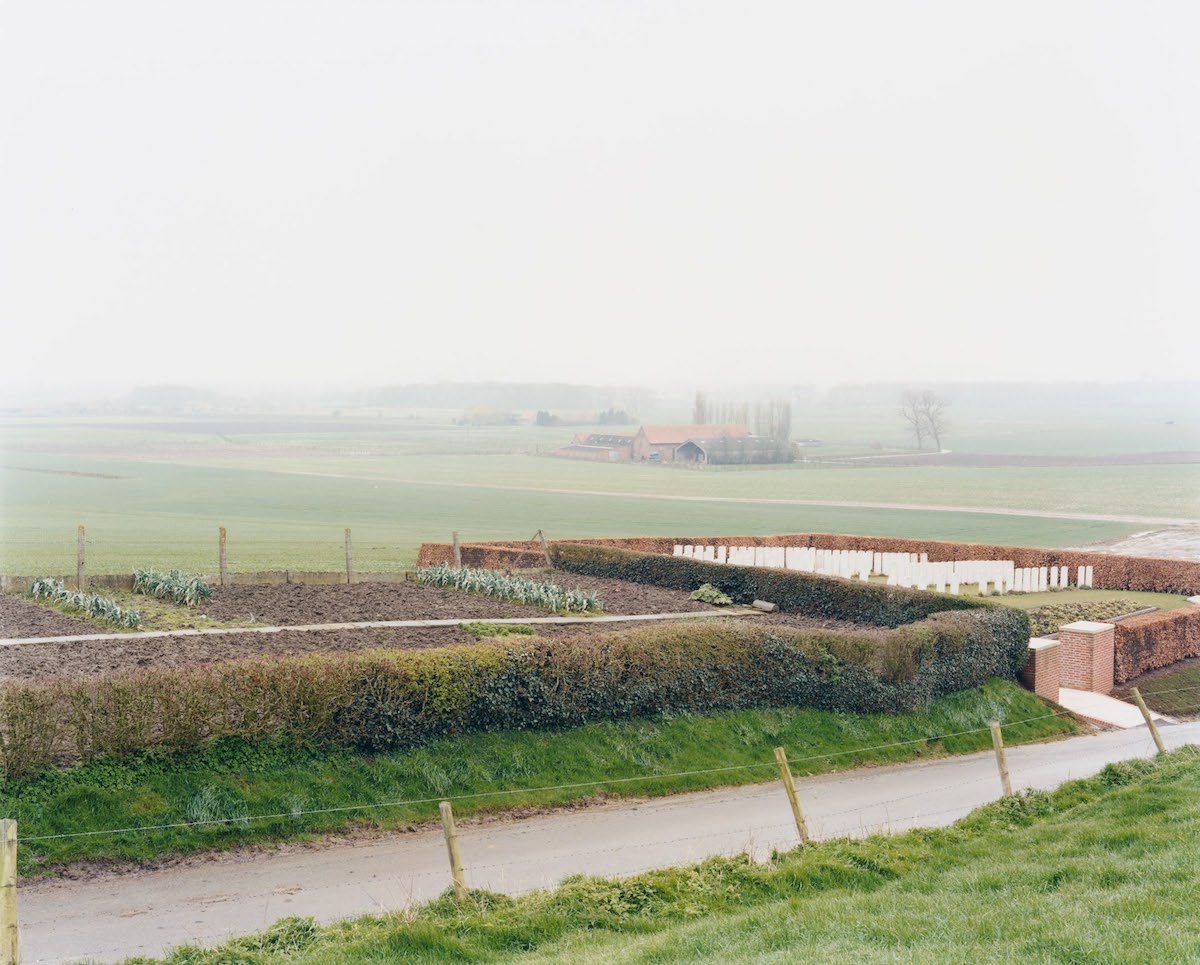
14 x 15 inches
Prints numbered and signed by the artist
Gelatin silver prints, 7 x 8 inches
Americ Fouquez, Korte, Belgique, 2008
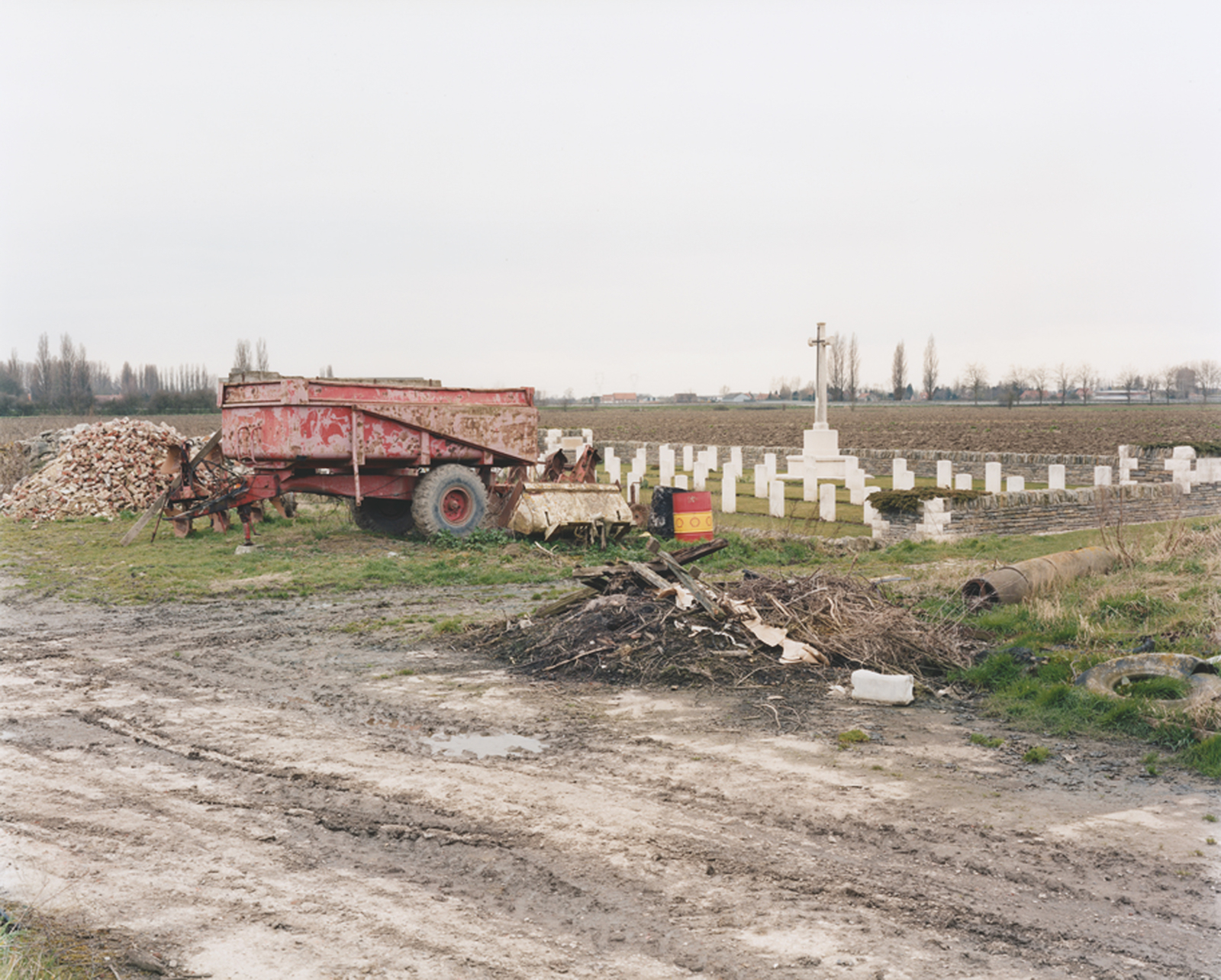
14 x 15 inches
Prints numbered and signed by the artist
Gelatin silver prints, 7 x 8 inches
Aymeric Fouquez, Armentières, 2008
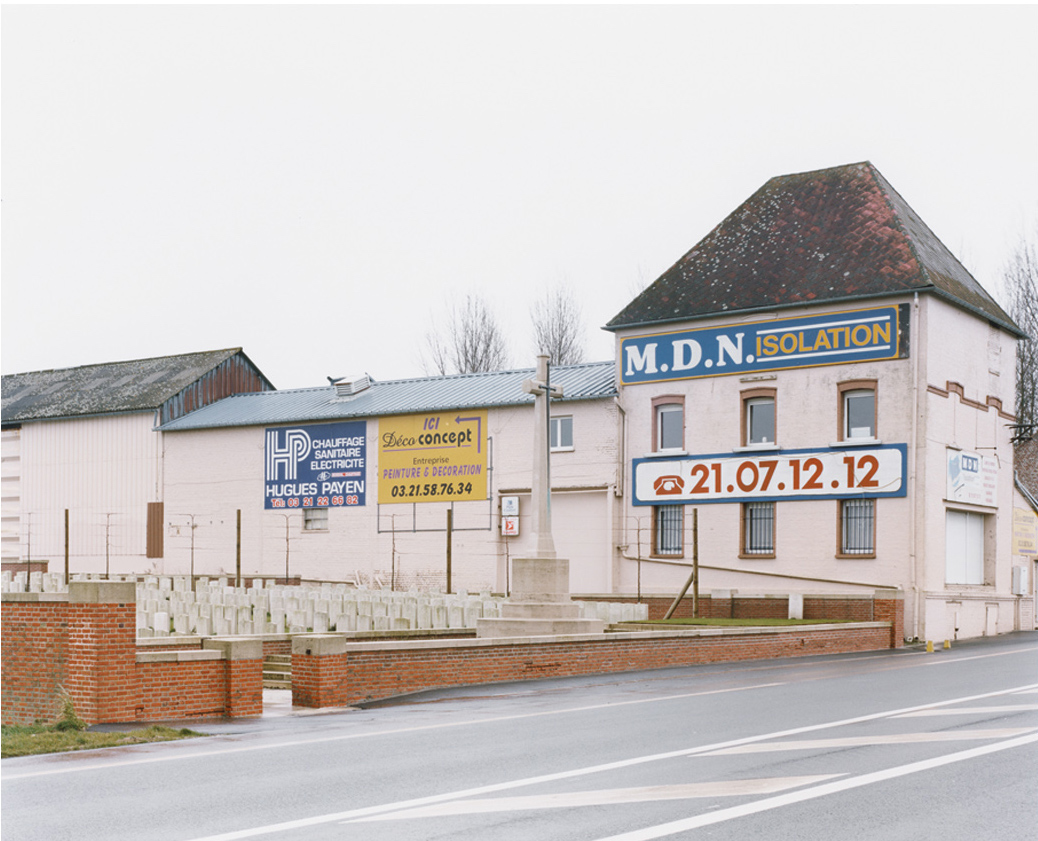
14 x 15 inches
Prints numbered and signed by the artist
Gelatin silver prints, 7 x 8 inches
Aymeric Fouquez, Guémappe, 2005
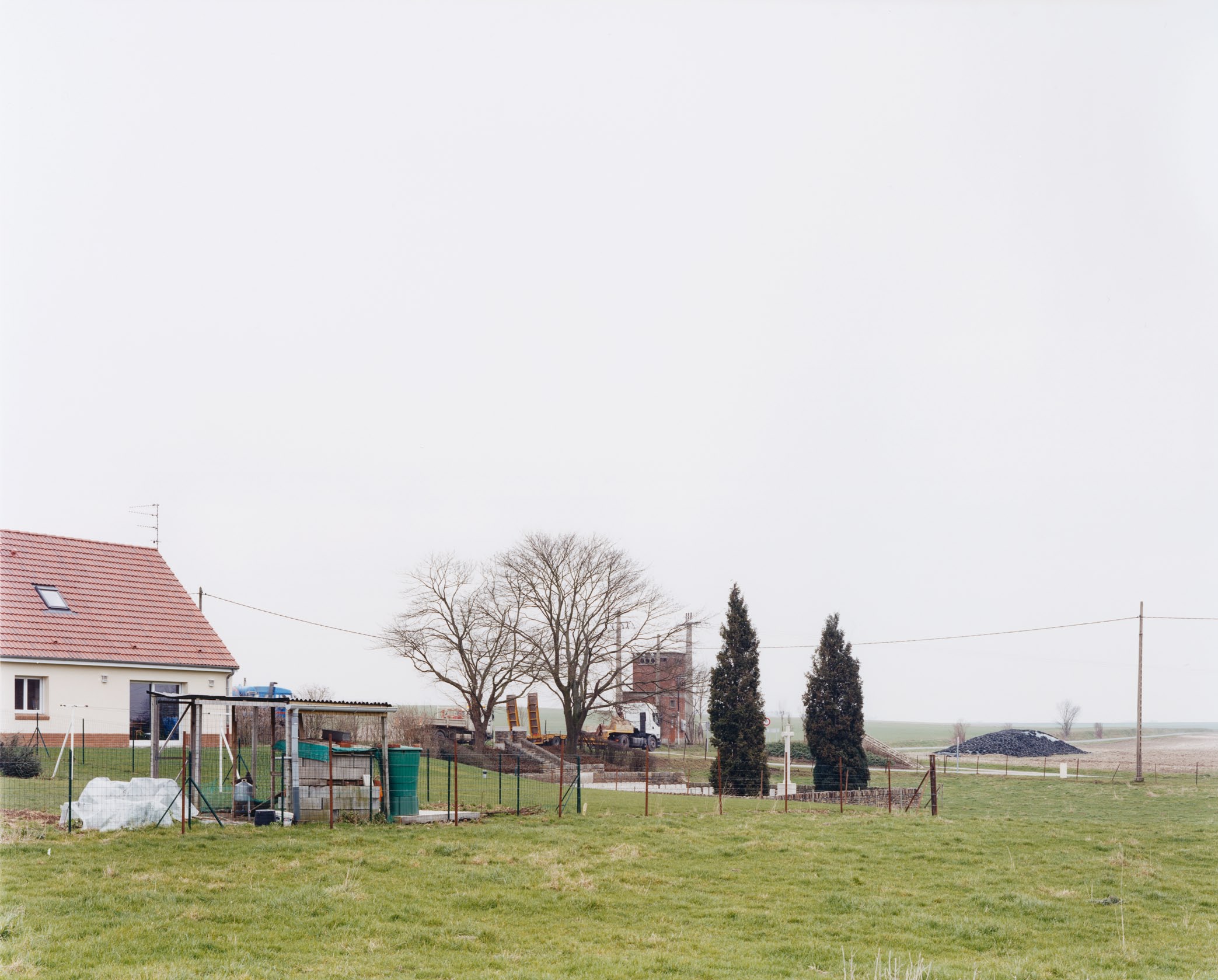
14 x 15 inches
Prints numbered and signed by the artist
Gelatin silver prints, 7 x 8 inches
Aymeric Fouquez, Eterpigny, France, 2005
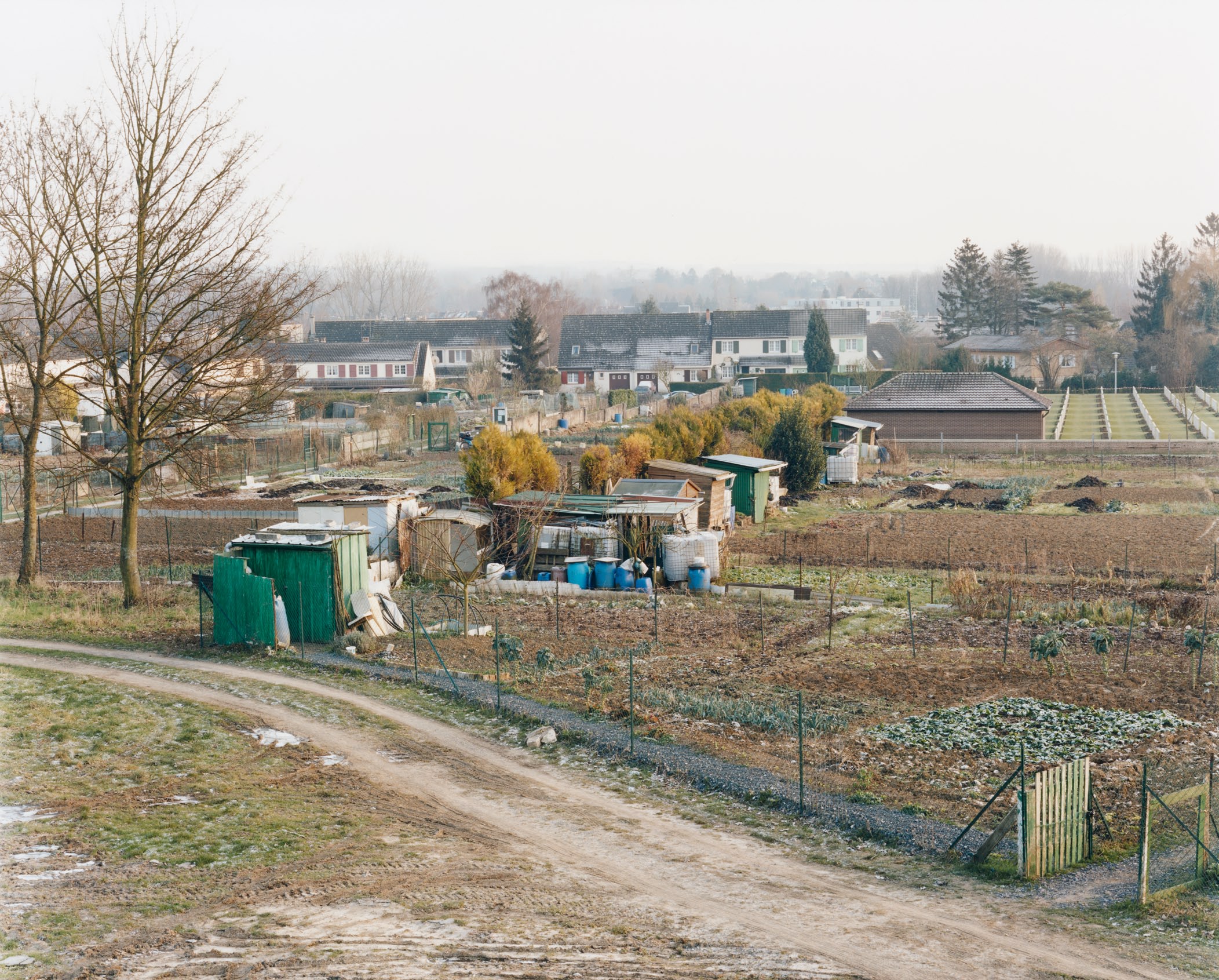
14 x 15 inches
Prints numbered and signed by the artist
Gelatin silver prints, 7 x 8 inches
Aymeric Fouquez, Peronne, 2008
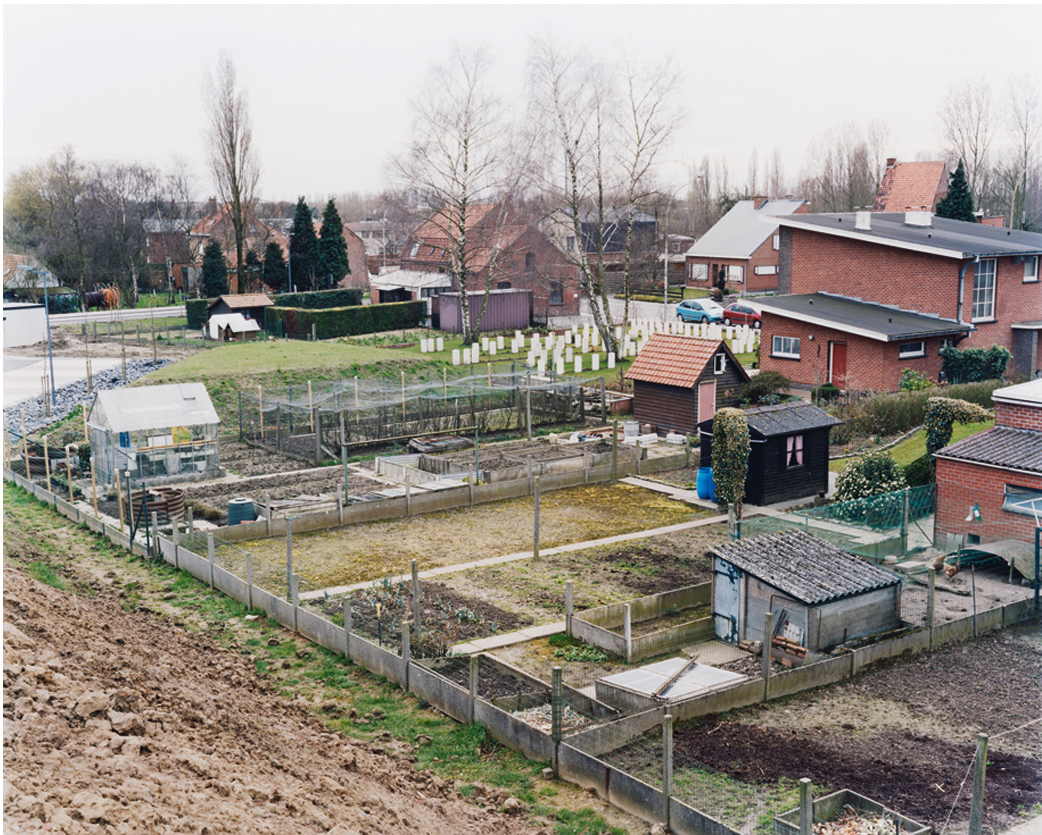
14 x 15 inches
Prints numbered and signed by the artist
Gelatin silver prints, 7 x 8 inches
AYmeric Fouquez, Ypres #02, 2008
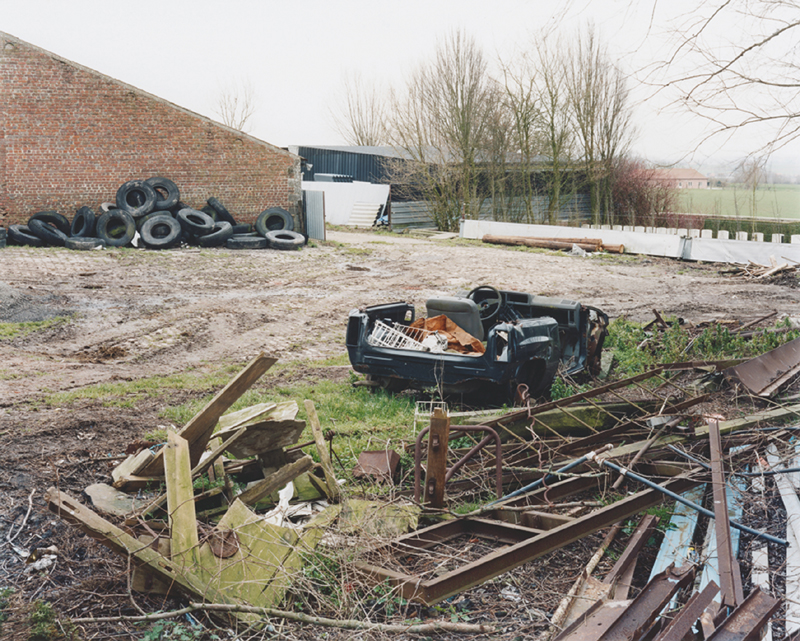
14 x 15 inches
Prints numbered and signed by the artist
Gelatin silver prints, 7 x 8 inches
Aymeric Fouquez, Kruisstraat, Belgique, 2008
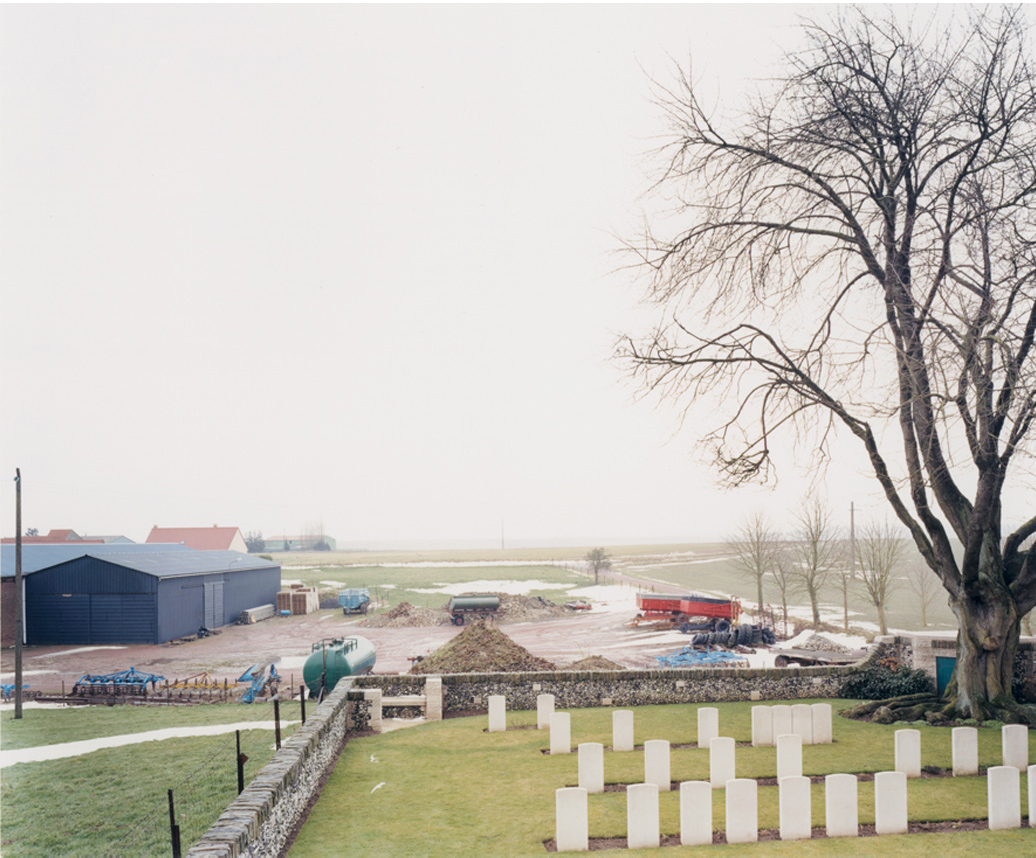
14 x 15 inches
Prints numbered and signed by the artist
Gelatin silver prints, 7 x 8 inches
Aymeric Fouquez, Ayette #2, 2005
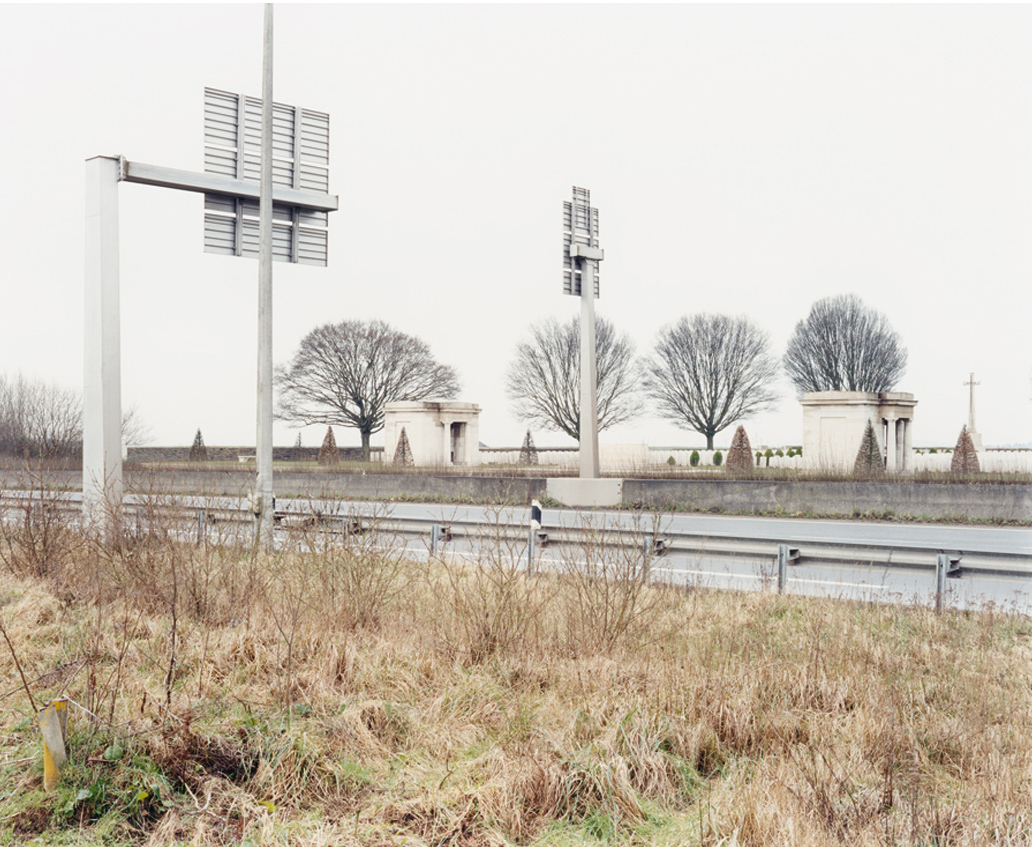
14 x 15 inches
Prints numbered and signed by the artist
Gelatin silver prints, 7 x 8 inches
Aymeric Fouquez, Ecurie, 2007
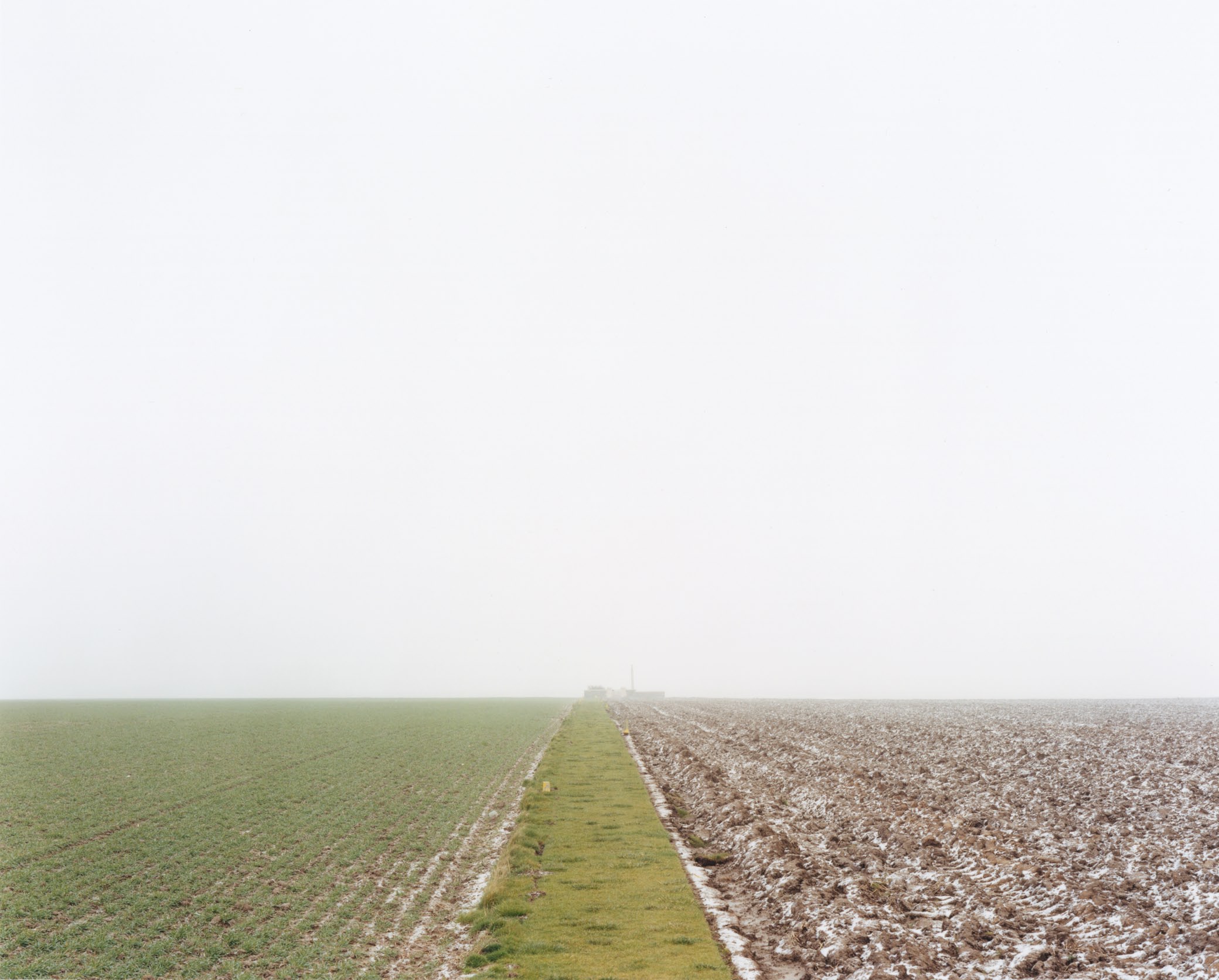
14 x 15 inches
Prints numbered and signed by the artist
Gelatin silver prints, 7 x 8 inches
Aymeric Fouquez, Saint-lès-Marquion, 2005
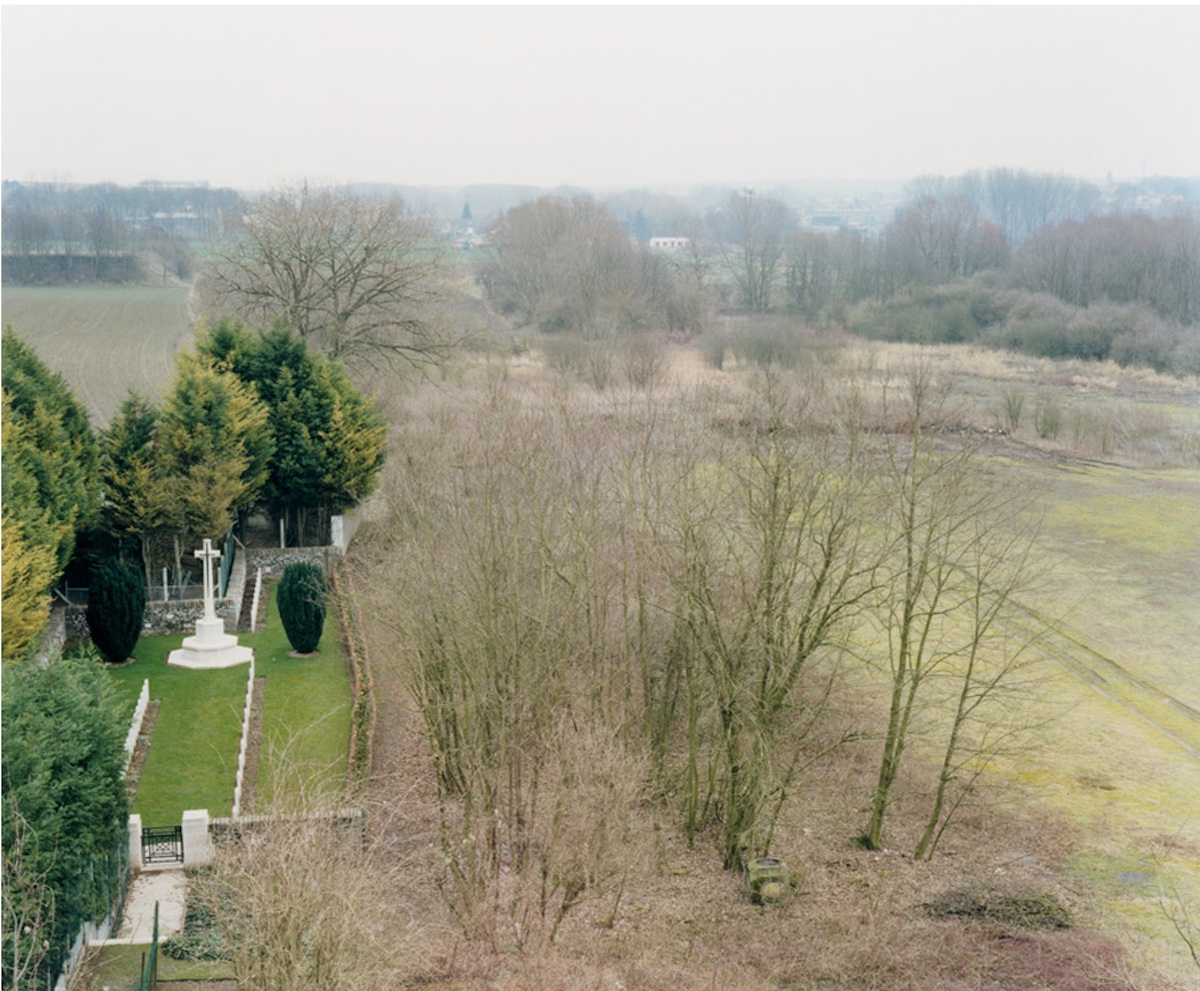
14 x 15 inches
Prints numbered and signed by the artist
Gelatin silver prints, 7 x 8 inches
Aymeric Fouquez, Saint Laurent Blangy #1, France, 2007
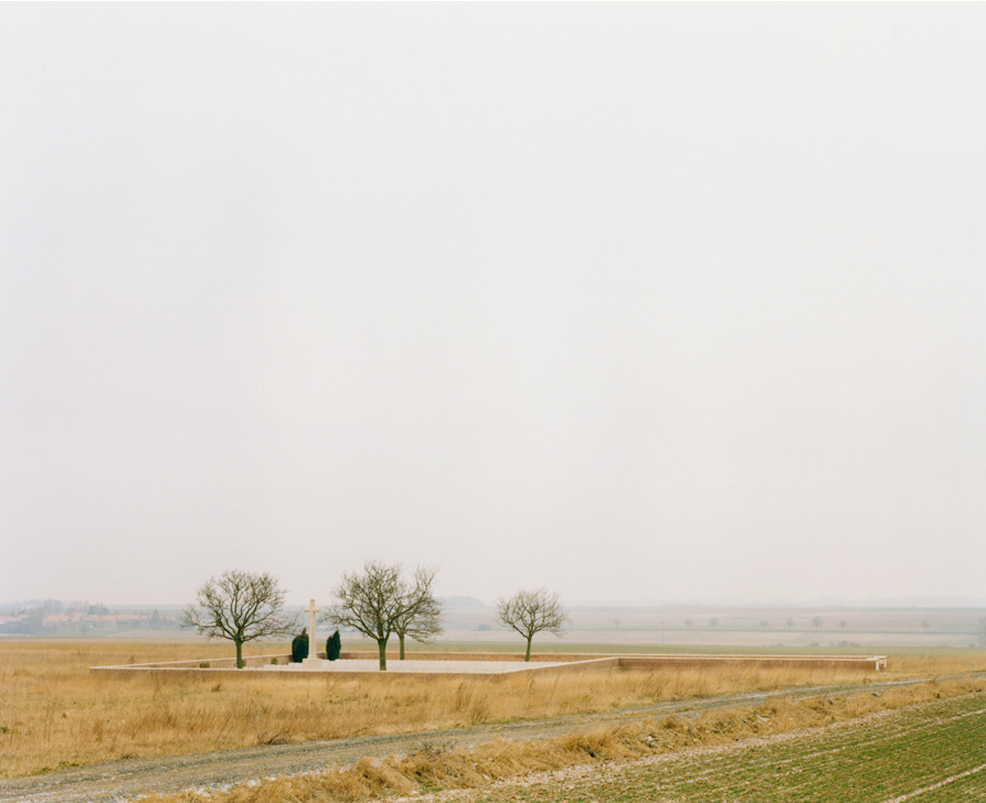
14 x 15 inches
Prints numbered and signed by the artist
Gelatin silver prints, 7 x 8 inches
Aymeric Fouquez, Cherisy #02, 2006
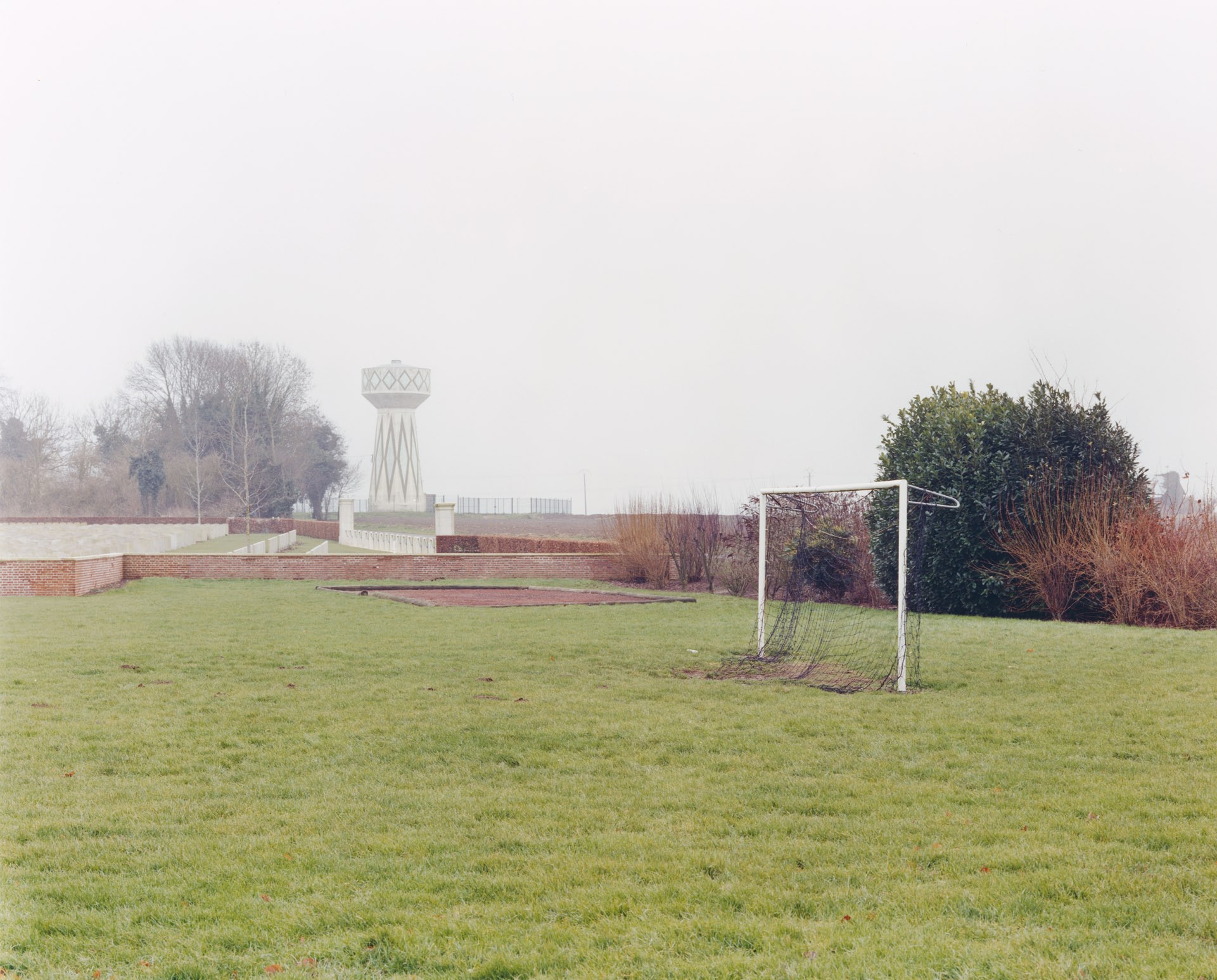
14 x 15 inches
Prints numbered and signed by the artist
Gelatin silver prints, 7 x 8 inches
Aymeric Fouquez, Dury, 2006
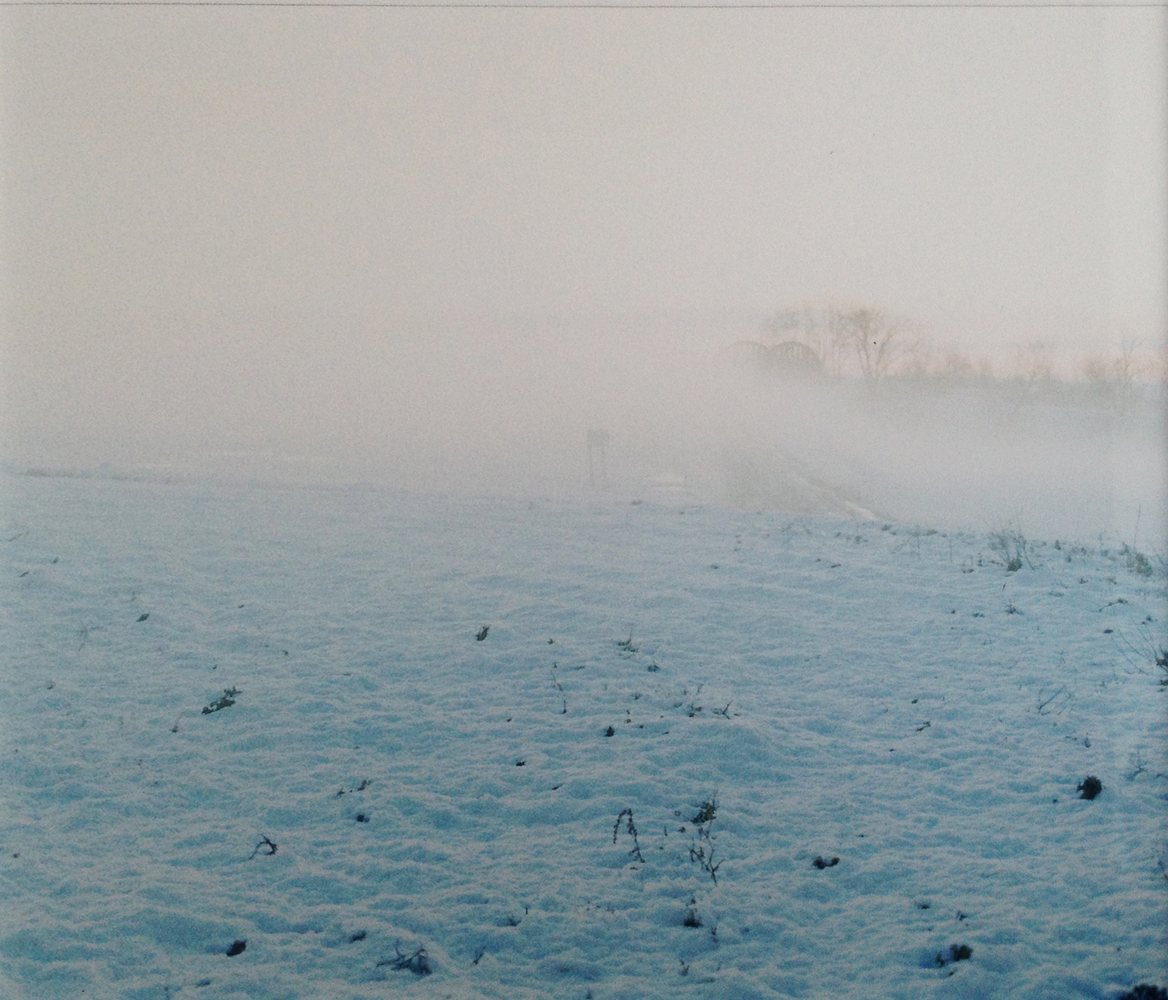
14 x 15 inches
Prints numbered and signed by the artist
Gelatin silver prints, 7 x 8 inches
Aymeric Fouquez, Noyon, 2009
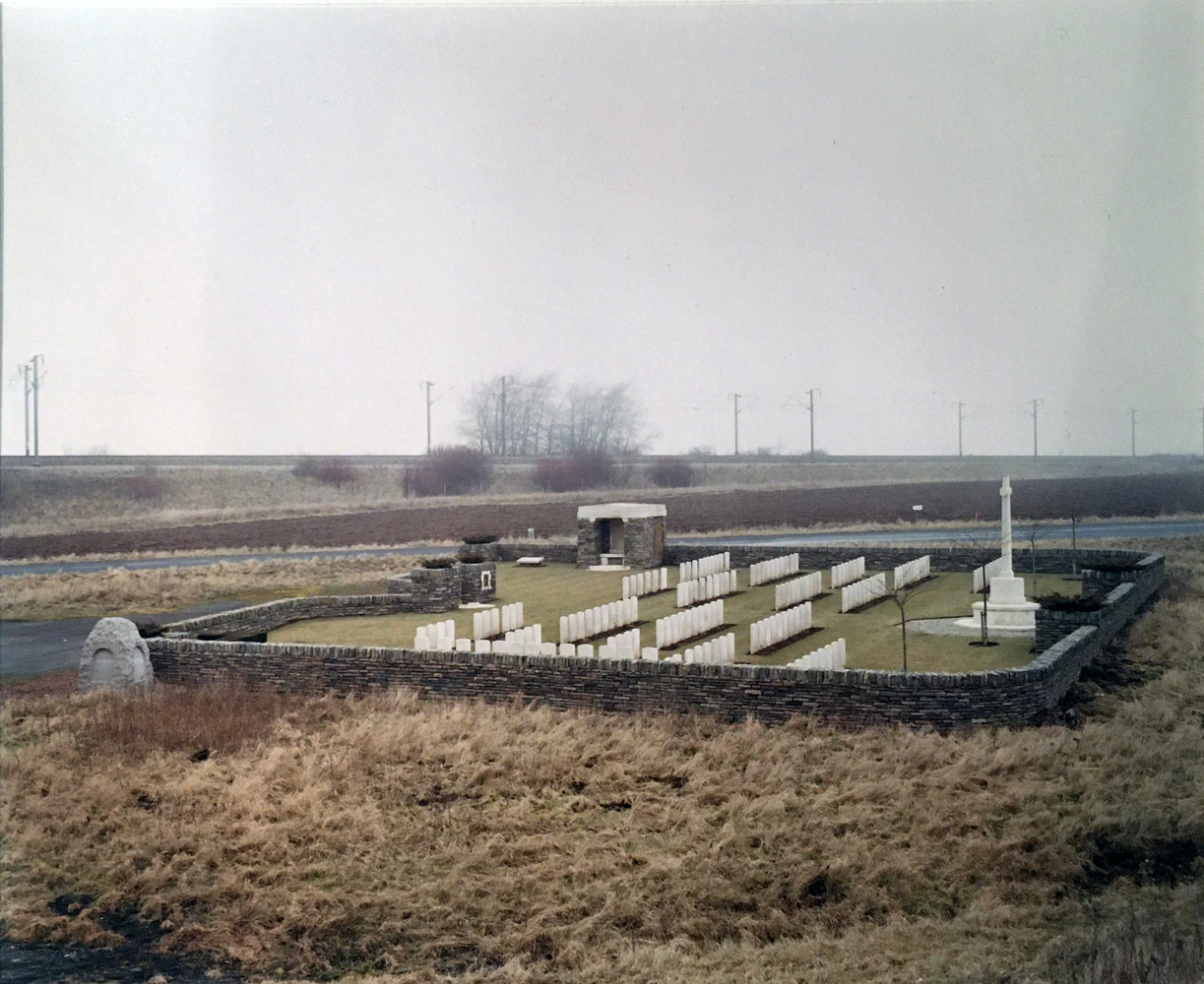
14 x 15 inches
Prints numbered and signed by the artist
Gelatin silver prints, 7 x 8 inches
Presentation
After having finished my studies of history at the University of Paris, I enrolled in the National School of Photography in Arles and finished my studies with a master degree and a special recommendation of the jury. For the past four years post-graduated in germanys Leipzig art academy, and two years in the masterclass of Timm Rautert. I´m living and working since 2007 in Cologne with my wife and my two children.
Public collections
Deutsche Börse Group
Museum Folkwang Essen
Deutsche Bundesbank
Fotomuseum Museum Winterthur
Press
Texts
SEQUEL LANDSCAPES
The territory that extends from the South of Leipzig to the Czech border is undoubtedly one of the great question marks on the subject of the environment and landscape in Europe. However, when one travels across these great plains, the vegetation on either side of the road allows one to perceive with difficulty those large craters, often as large as cities, which were the open-air coalmines.
Open-air mining began at the beginning of the 1920s, and became indispensable after 1945 for East Germany. During many decades, what one called the ?black triangle? made possible the great hours of heavy industry and furnished energy for the entire country with the ecological problems that we know about since the entire topography of the region underwent a transformation. Certain photographers, such as Koudelka for a number of years, or even more so Inge Rambow, have for that matter extensively documented this subject over a number of years shortly after the reunification, and bear witness to the extent the landscapes were transformed in this region.
The work I carried out intends to be less tied to an idea of a report or state of record, than to the idea of an ?approximate inventory?1 of new uses of this landscape in mutation. It?s just there undoubtedly that lies a certain continuity with my preceding works, that is to say, the association of the traces of History with an environment that brings them to life as much as it transforms them and gives sort of a ?geographic feeling? 2 to History.
It?s what produces, I think, these ?Sequel landscapes? which are the mirror of projections of authorities that hesitate between the burying of the industrial past and its reevaluation, by trying to find other functions for these places.
Indeed, for about fifteen years now, the State has envisioned the rehabilitation of this post-industrial environment in particular by deciding to submerge the former mines, by transforming them into a lake, by creating as well places of leisure, by laying out bicycle paths or even by developing nautical sports.
It?s the new official, but especially spontaneous, uses that interest me here for they bring up in a very direct way the question of the landscape. Sort of ?the invention of the landscape? to use the formula of Anne Cauquelin.
Certain mines have been submerged for a long time now. However, my interest is concerned more with the still transitory spaces. It?s when different strata of the history of this landscape still visible are mixed with uses that are new and still uncertain for the inhabitants. Those very people, who two decades earlier, saw those stretched out Eiffel towers come up to their houses in a black cloud and who can today, incredulous, by a curious forced trick of History, go outside in swimsuits.
Aymeric Fouquez
1. Georges Perec, La Vie mode d?emploi, Hachette, coll. ?POL?, 1978.
2. Michel Chailloux, Le sentiment géographique, Gallimard, Paris, 1990.
3. Anne Cauquelin, L?invention du paysage. Paris, PUF, 2000.
Ets. Giorgetti, Sculptures
The sublime is corrosive
Jacques Prévert, Fatras.
Ets. Giorgetti, Sculptures comprises the second part of a forward looking work that was begun several years ago in the North of France. This time it focuses on a sole place, Giorgetti & Co.--a coal business created in the ?20?s by an immigrant Italian family whose third generation members continue to deliver rare bags of coal to a few neighboring houses. They also supply fuel oil, gas, potatoes, endives and apples. But the most striking part is not so much due to the number and variety of things you find there but the way they?re put together. The multitude of objects, animals, and materials that fill up the space is matched only by the ingenuity used to arrange the stuff in an orderly manner. The order itself springs from an initial questioning. And the result is a permeable line drawn between the useful and the obsolete, at the very point where chaos, inventiveness, time, and the random crisscross and take shape.
Aymeric Fouquez, April 2012
NORD
The photographs have been taken in the Nord, the Somme and the Pas-de-Calais departments where most of the confrontations during the First World War took place. Aymeric Fouquez?s interest in cemeteries that were built by and belong to the former belligerent countries became focused on their incursion in the French countryside. The photographer invites us for a reflection on the landscape, just how they became inscribed a century later on the very often hostile territories of the great agro-industrial plains of the North of France.
Aymeric Fouquez
EN CHANTIER
Aymeric Fouquez is interested in the function and the representation of places of power, places of work, places of leisure. He endeavors to photograph them at a particular moment in time: either these places are about to appear, or they are about to disappear.
The Masséna neighborhood, for which the coordinator is the architect Christian de Portzamparc, has a vocation as much artistic, with the fridge?s, as much a scholarly with the faculty Paris 7. The University Denis Diderot welcomed, in 2005, nearly 20,000 students within 110,000 m2 before reaching 150,000 m2 in 2009.
In order to capture in 2001 the startup of this urban transformation, Aymeric Fouquez, young photographer, was invited to turn his attention as artist on the chantier or worksite of this new university.
Exhibitions
Les coups de coeur de l'équipe
Group show
June 20 - July 27 2019
AIPAD 2018
Group show
5 - 8 April 2018
Soon Art Fair
Group show
11 - 13 December 2015
L'obstination du paysage
Pierre Schwartz
June 20 - July 31 2015
Slick Art Fair Brussels
Group show
April 19 - October 21 2013
Aymeric Fouquez
May 16 - June 30 2012
Sequel Landscapes
March 22 - May 29 2010
Nord
October 16 - December 14 2007
News
Portrait(s) 2020
Sébastien Camboulive,
Arlene Gottfried,
Paul Pouvreau,
Bruce Wrighton
September 5 - October 25 2020
Paysages français Une aventure photographique (1984 - 2017)
Stéphane Couturier,
Thierry Girard,
André Mérian,
Jacqueline Salmon
October 24, 2017 - February 4 2018
Nord
June 23 - July 30 2017
